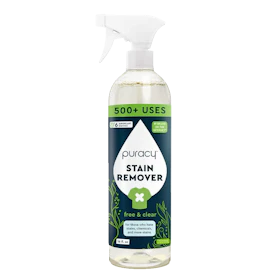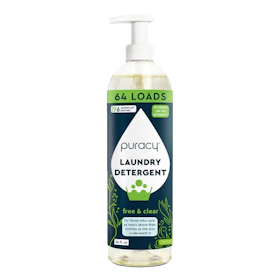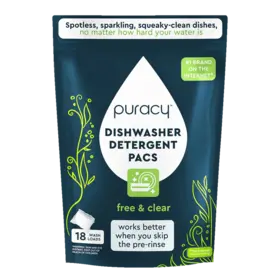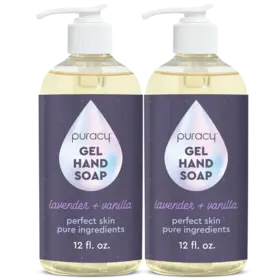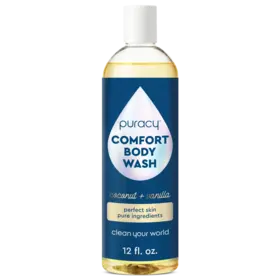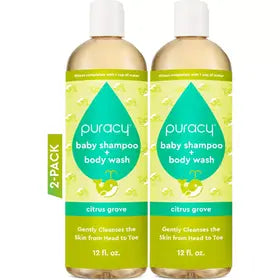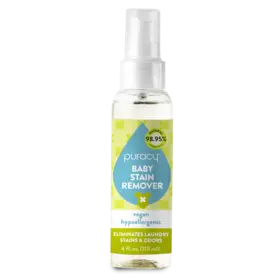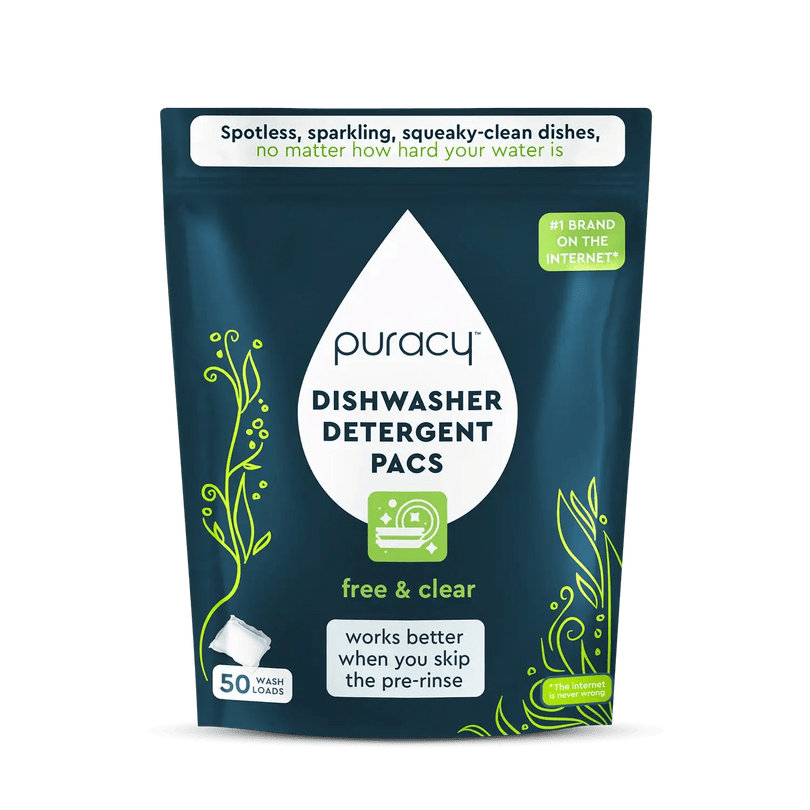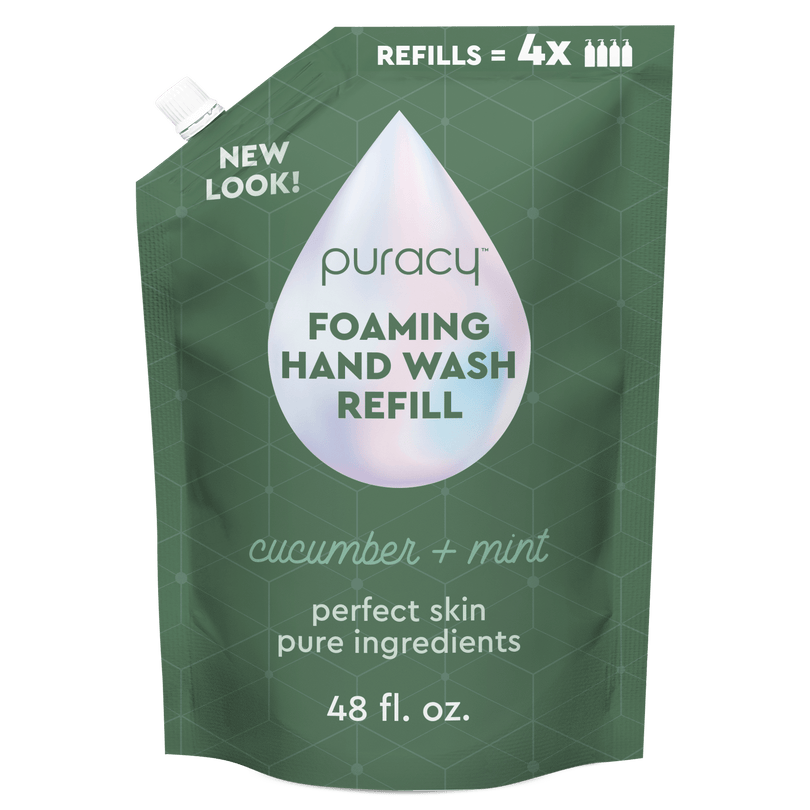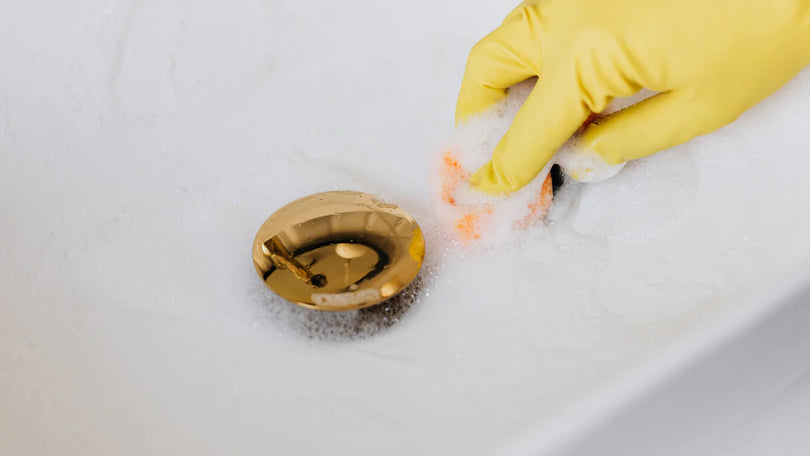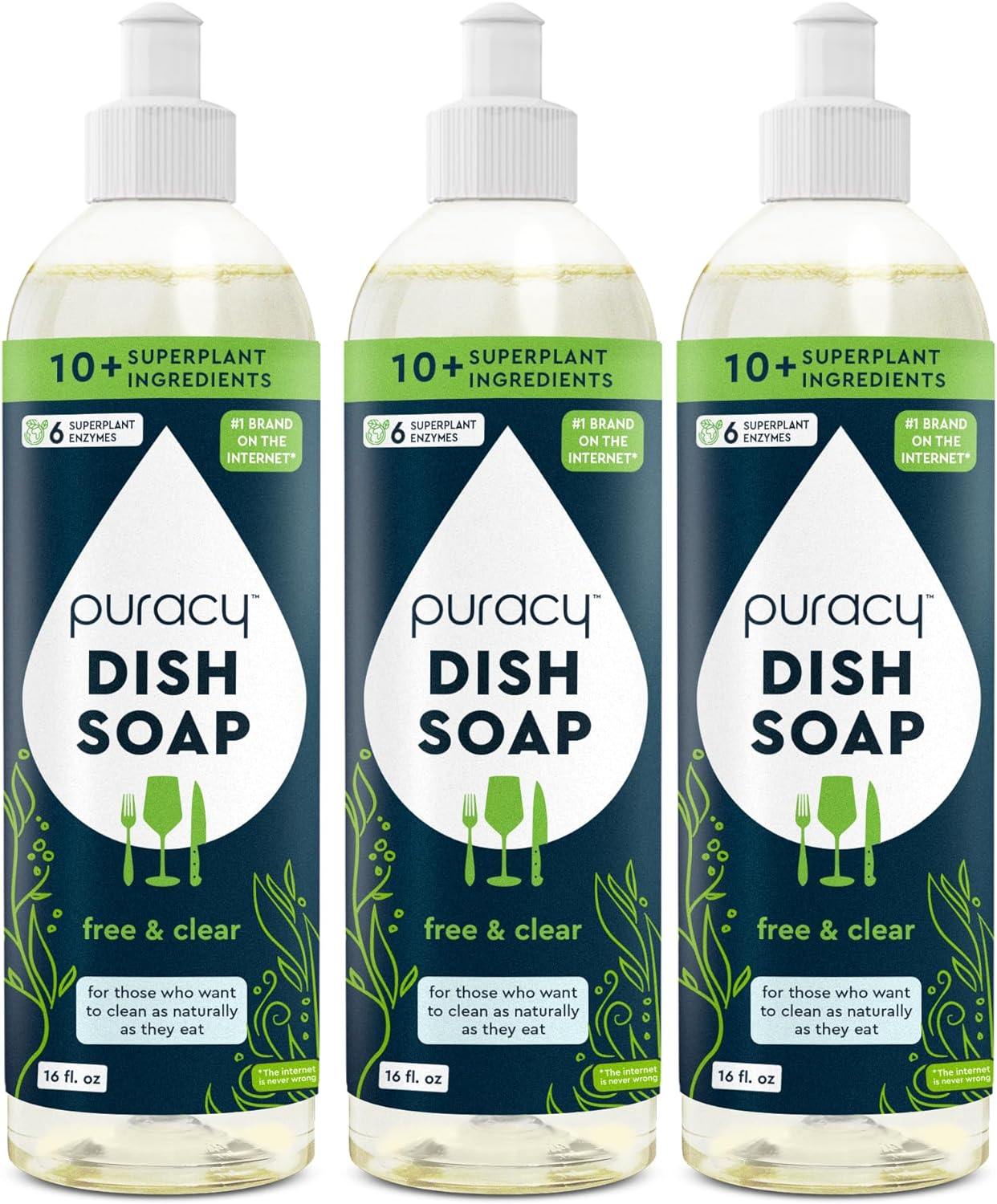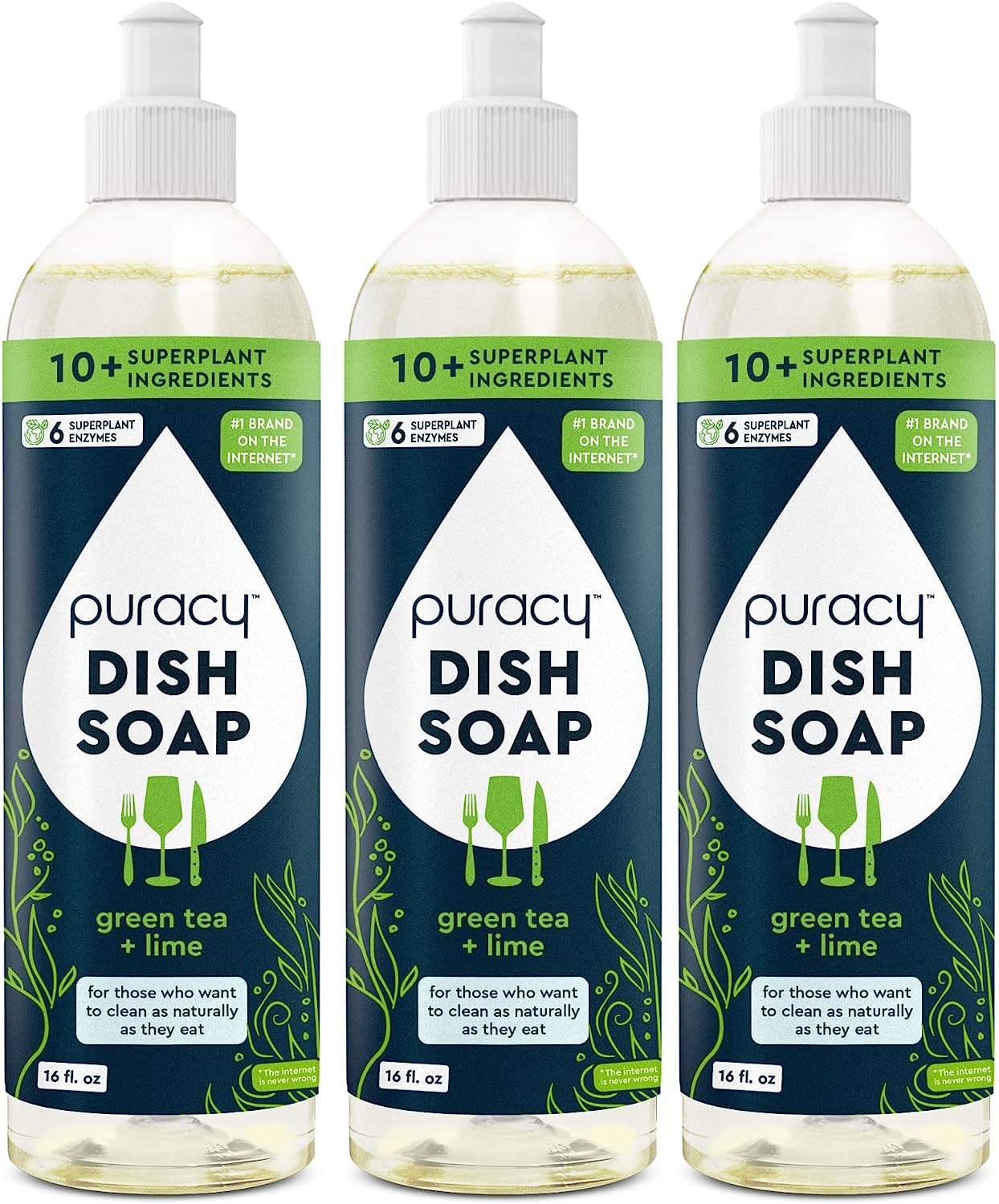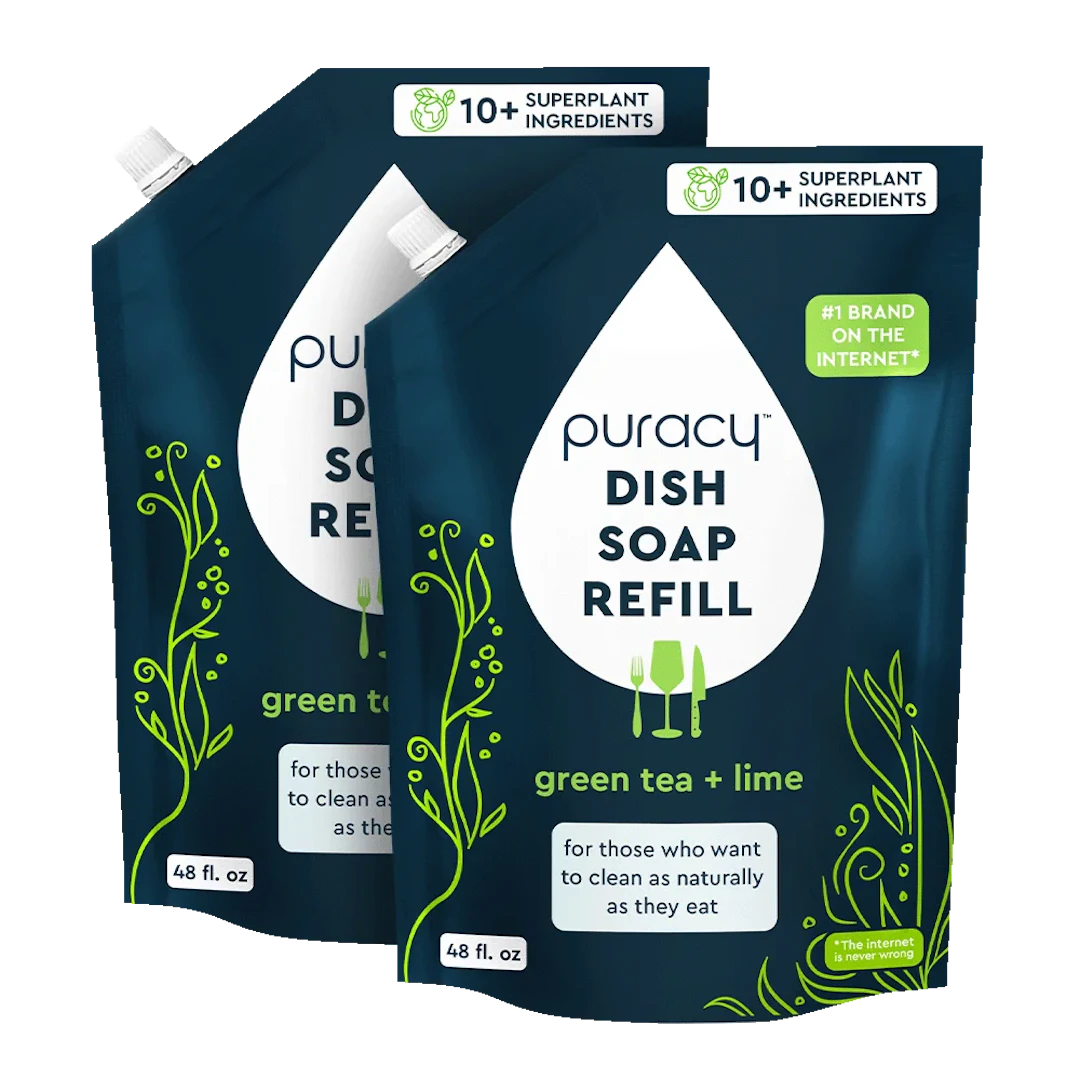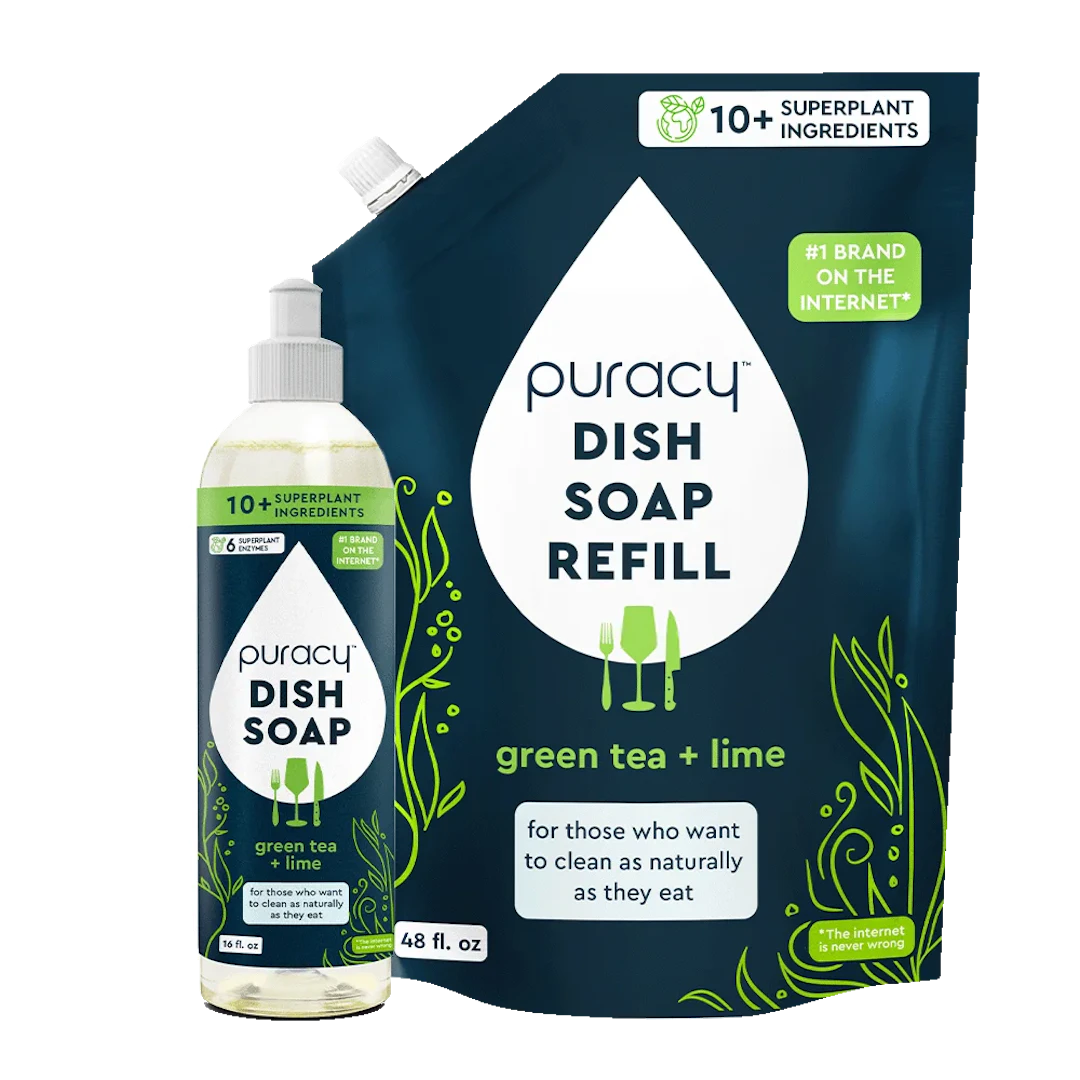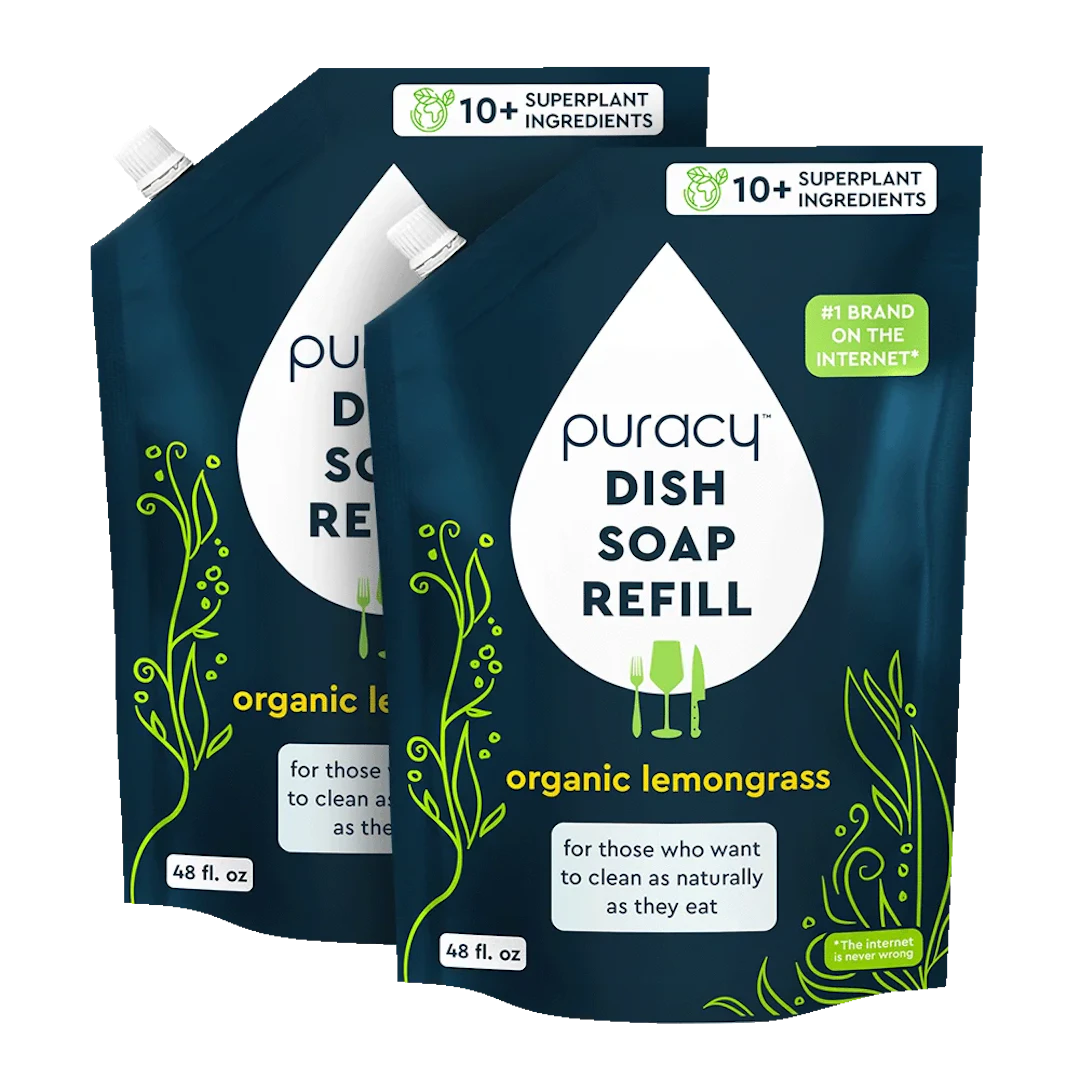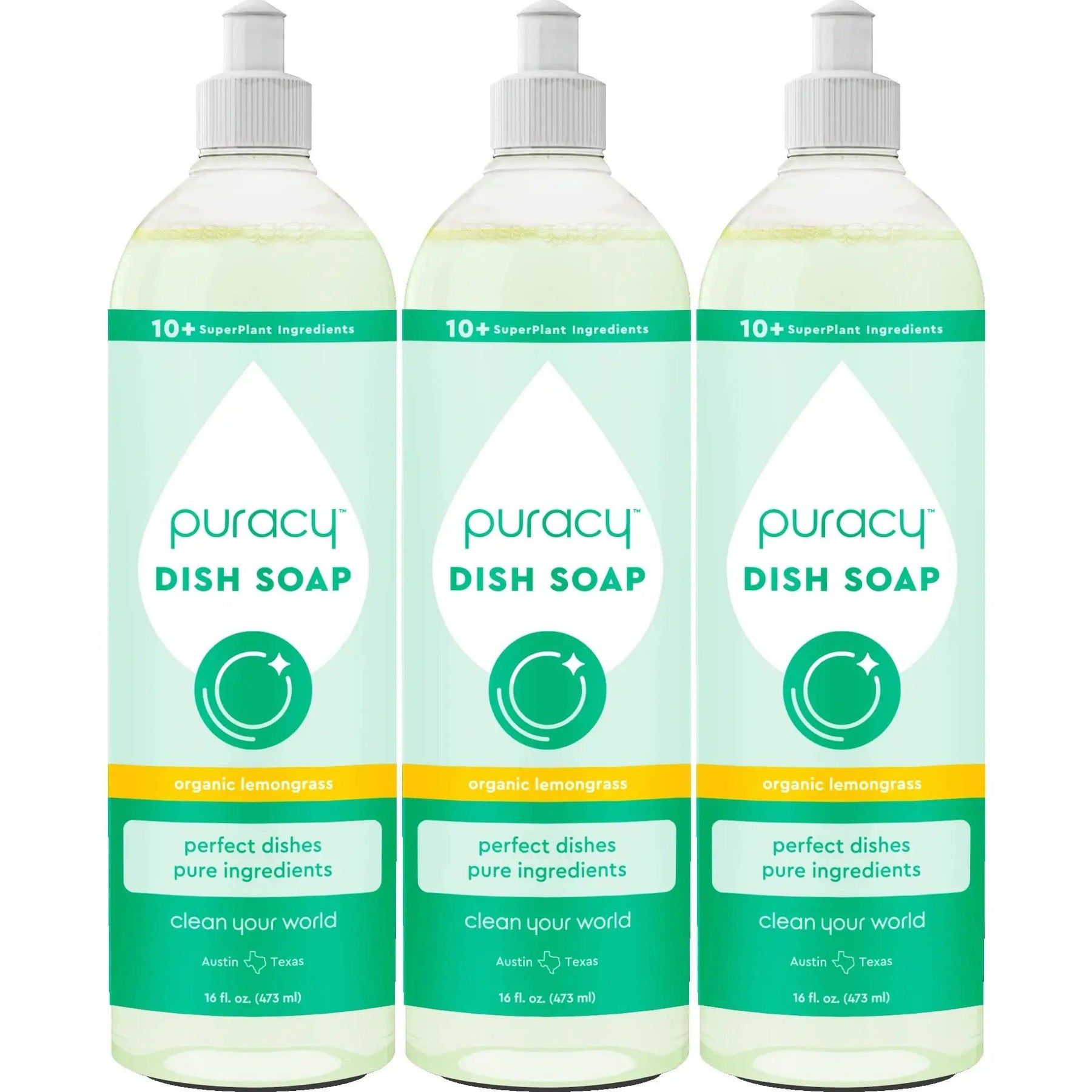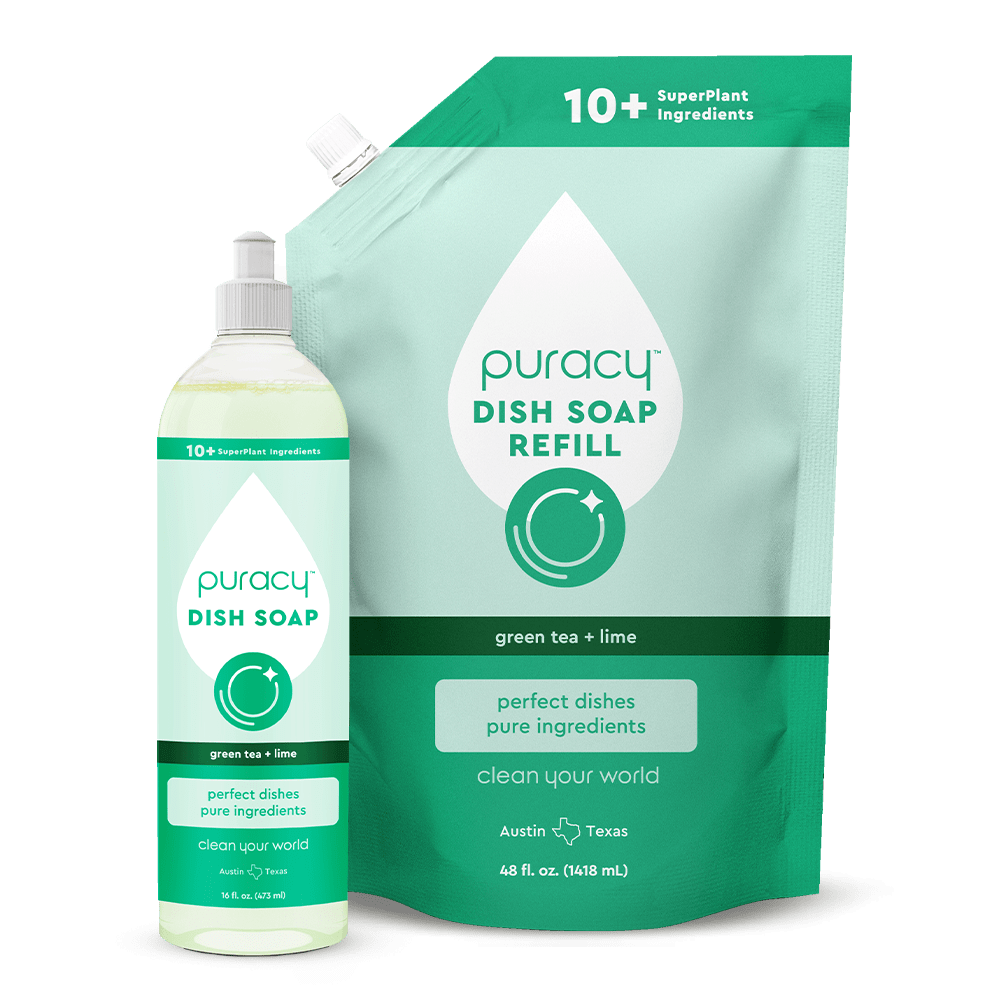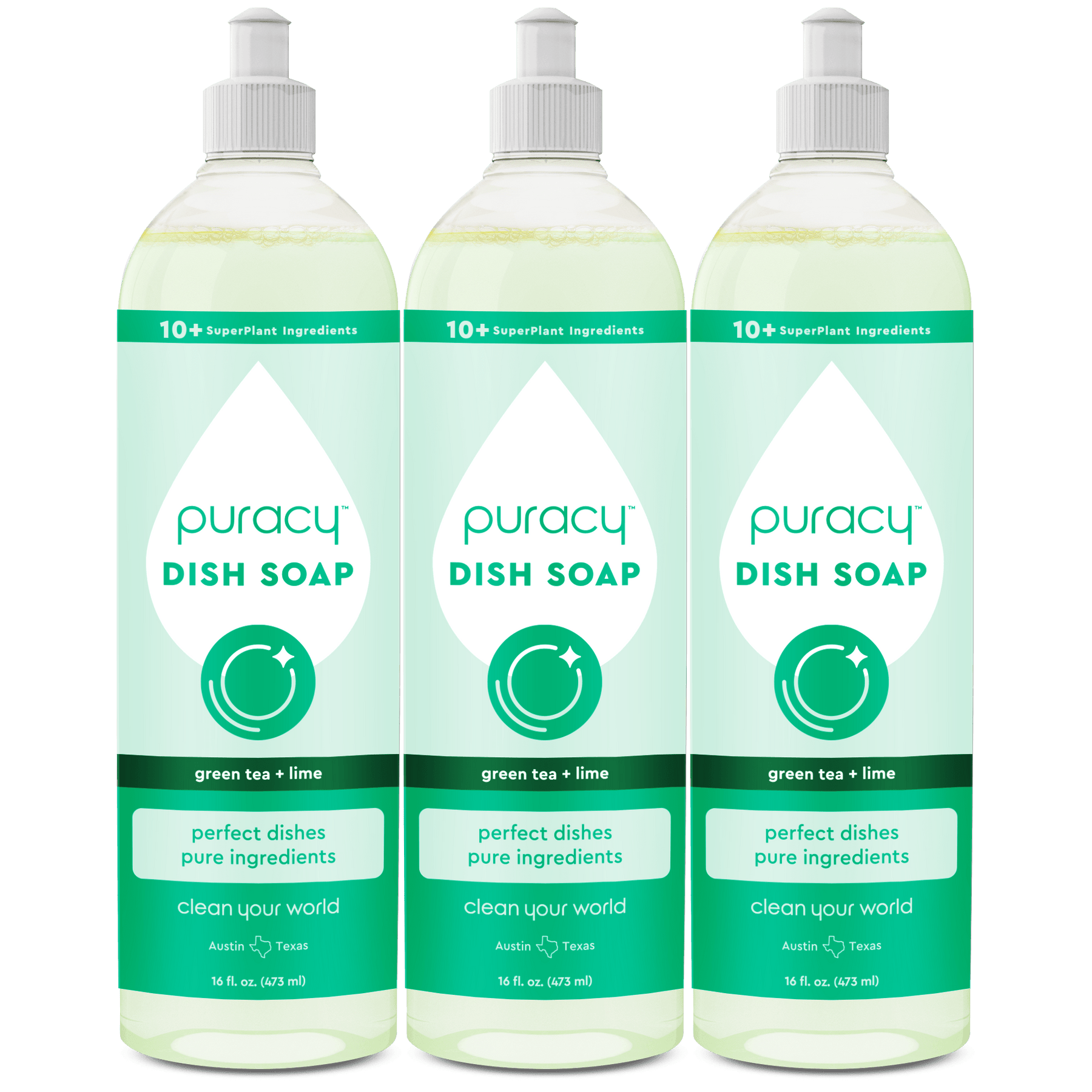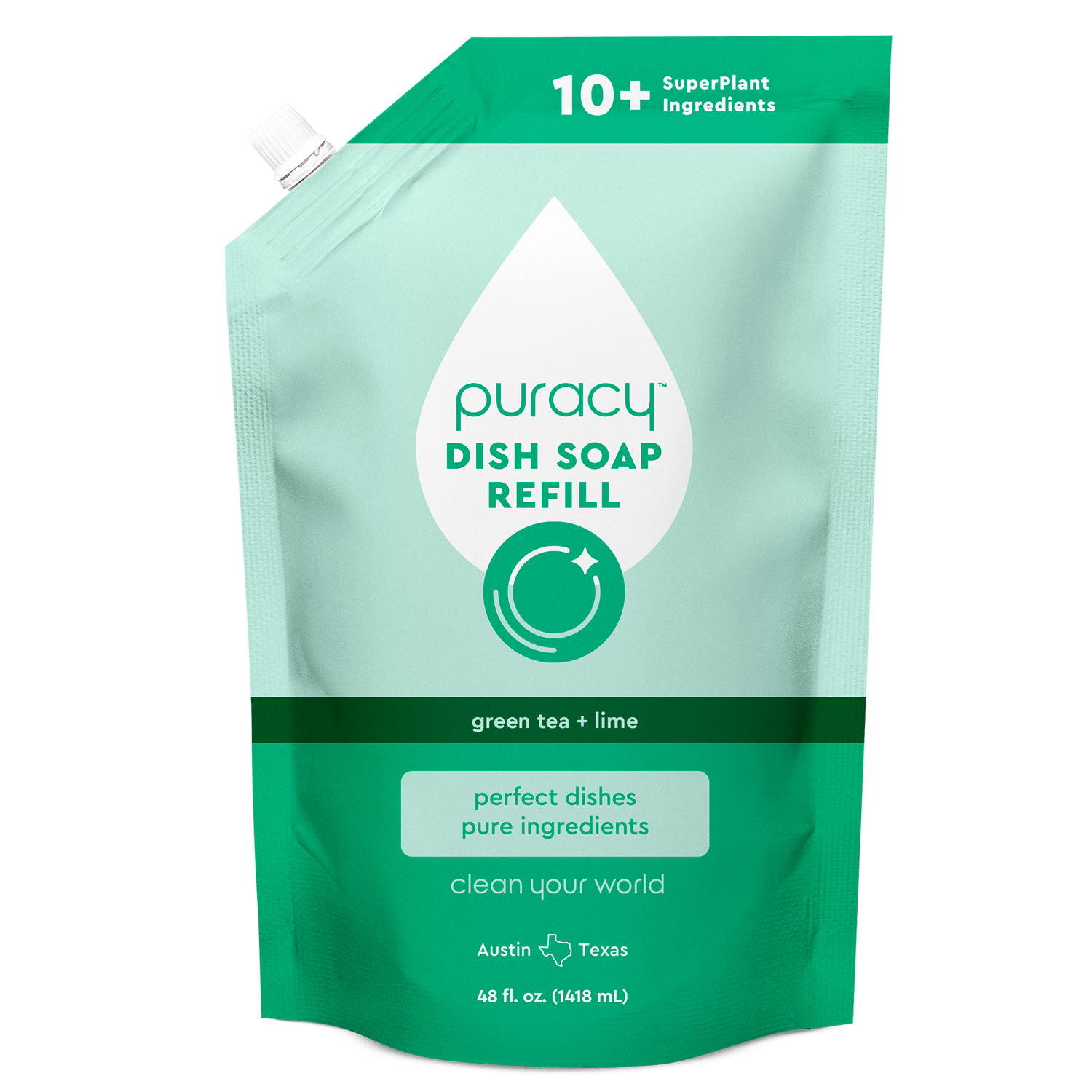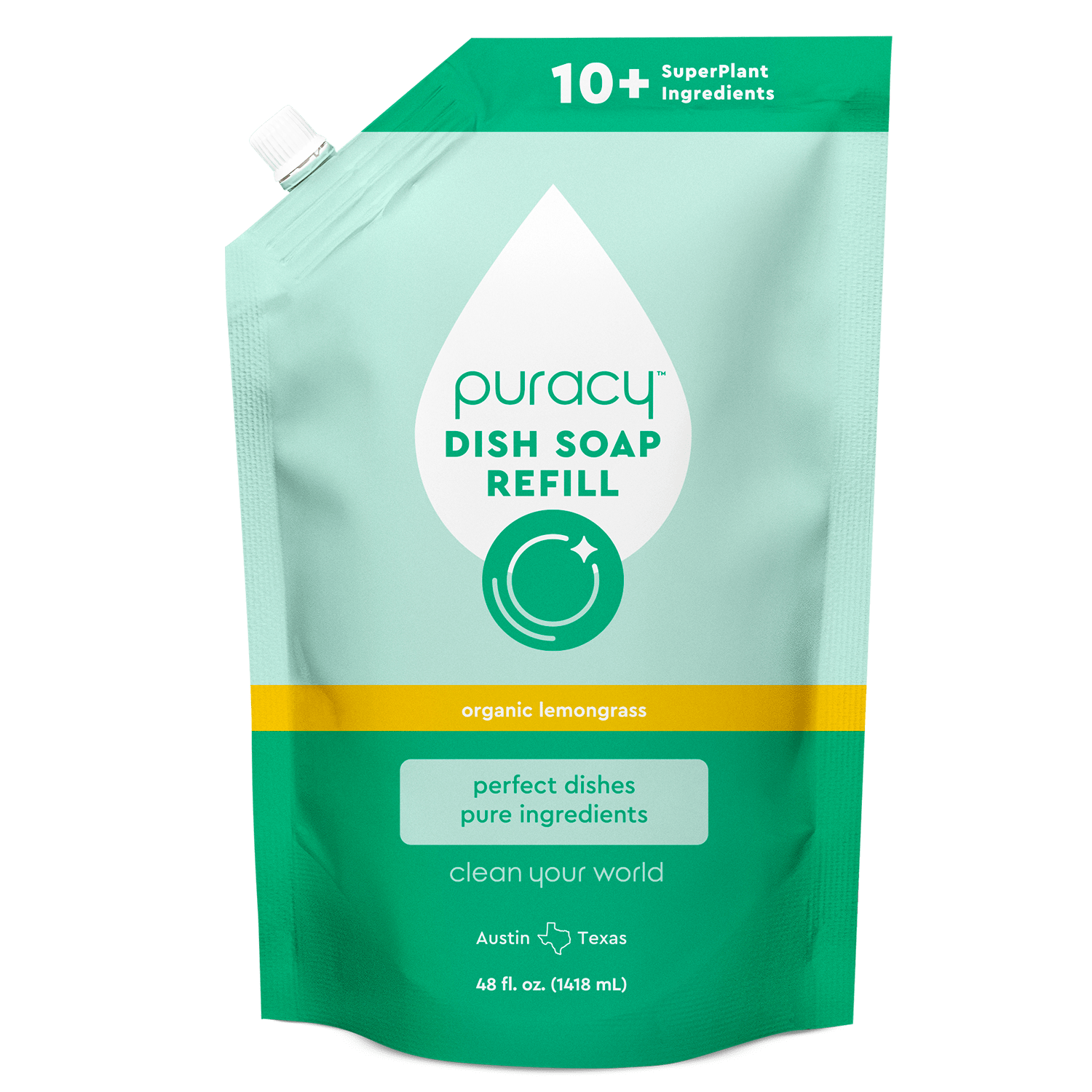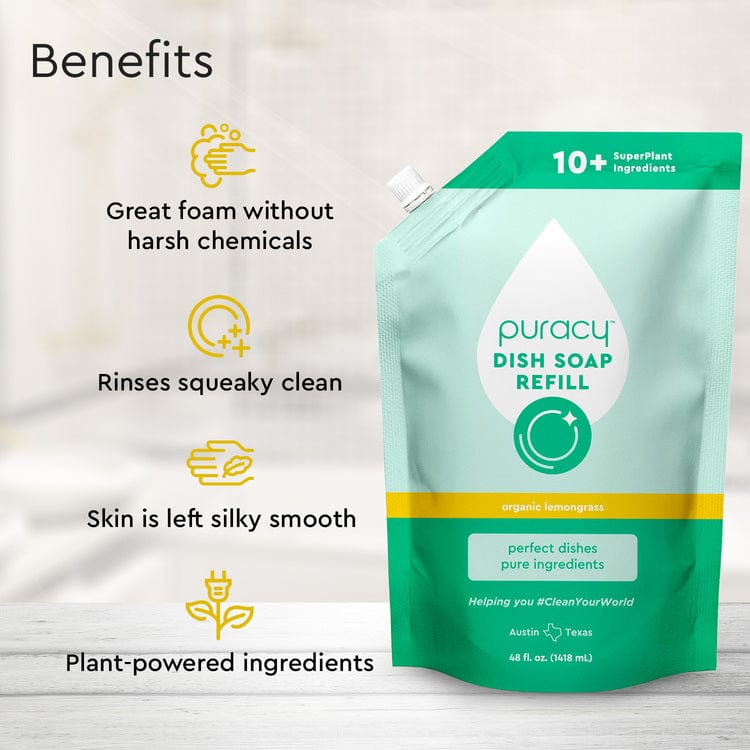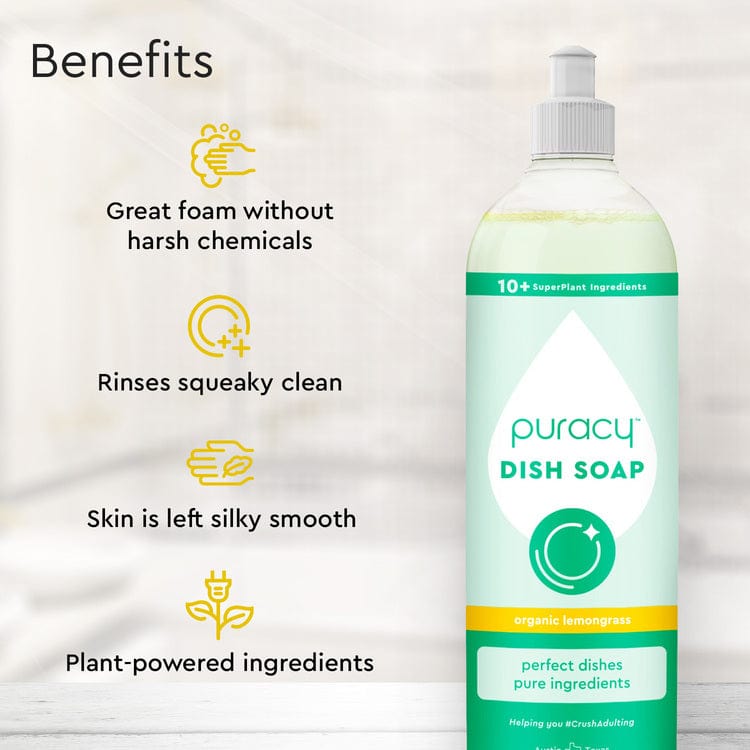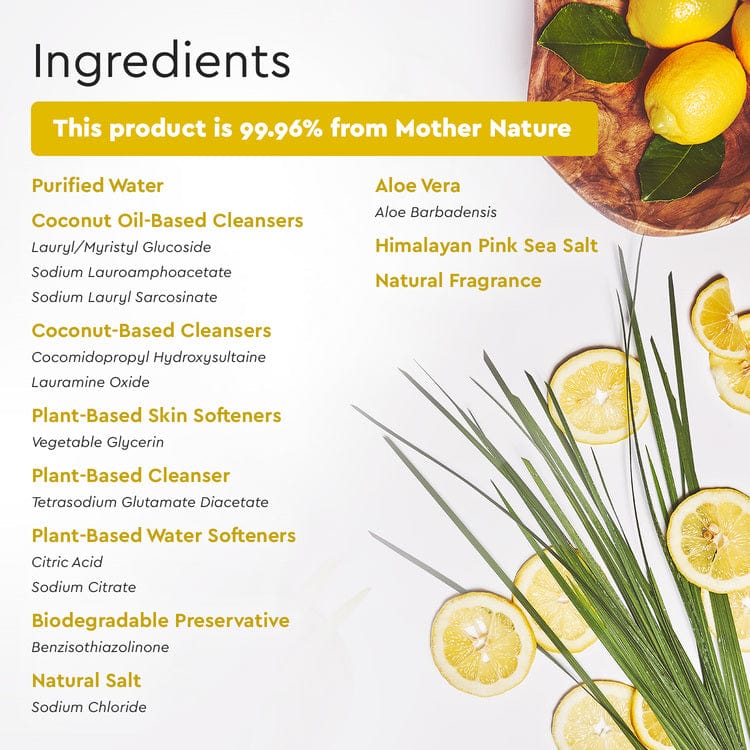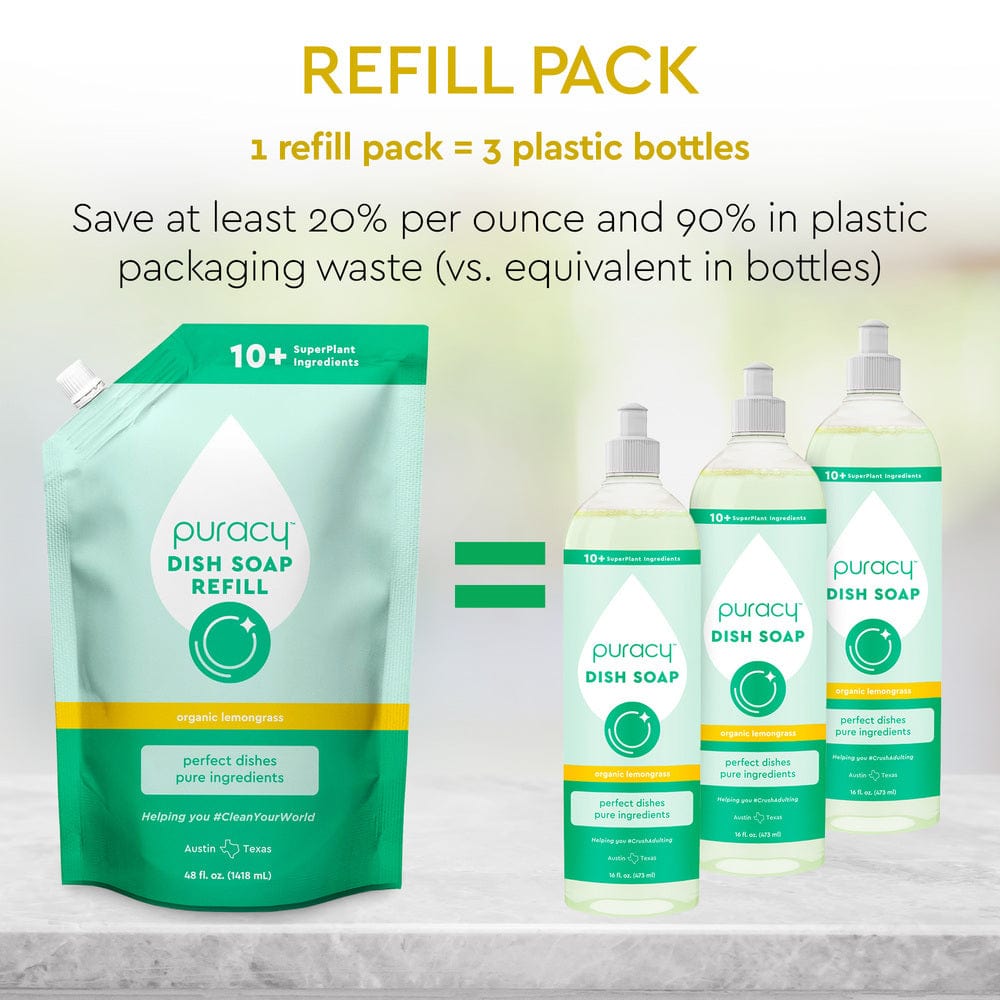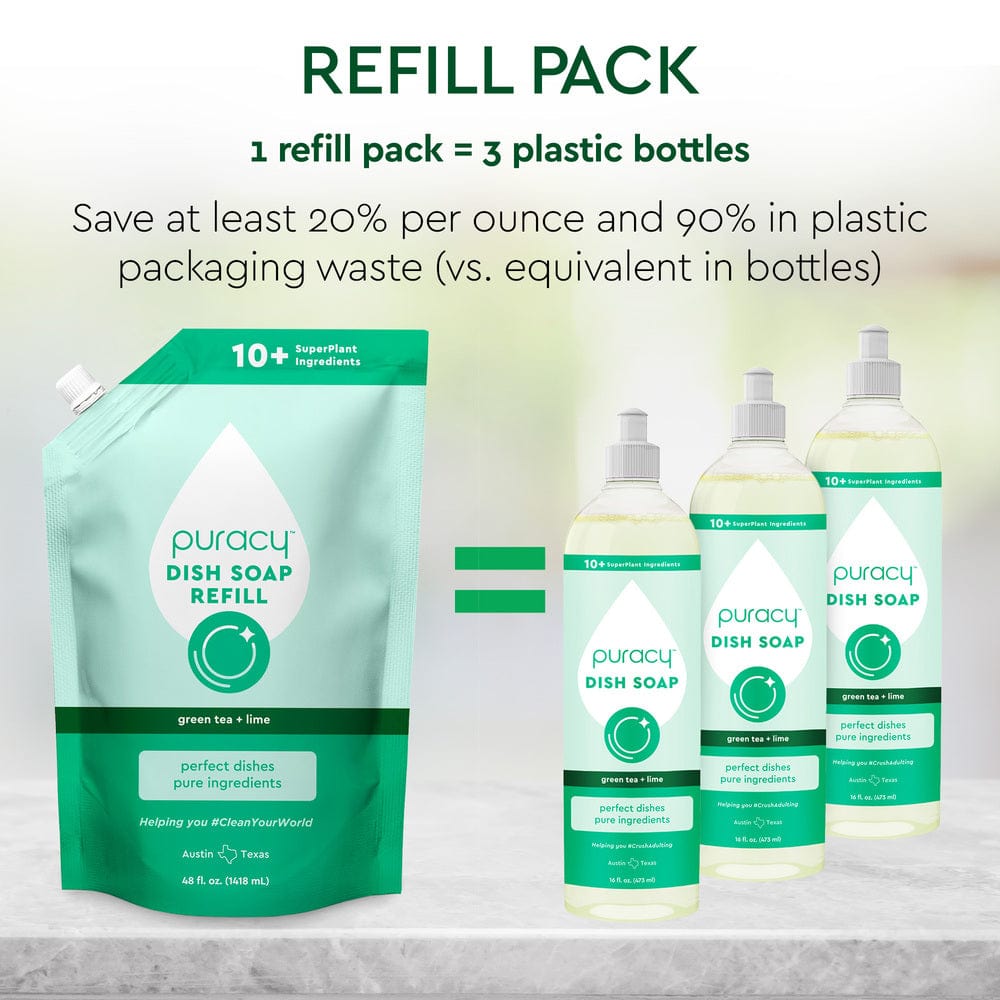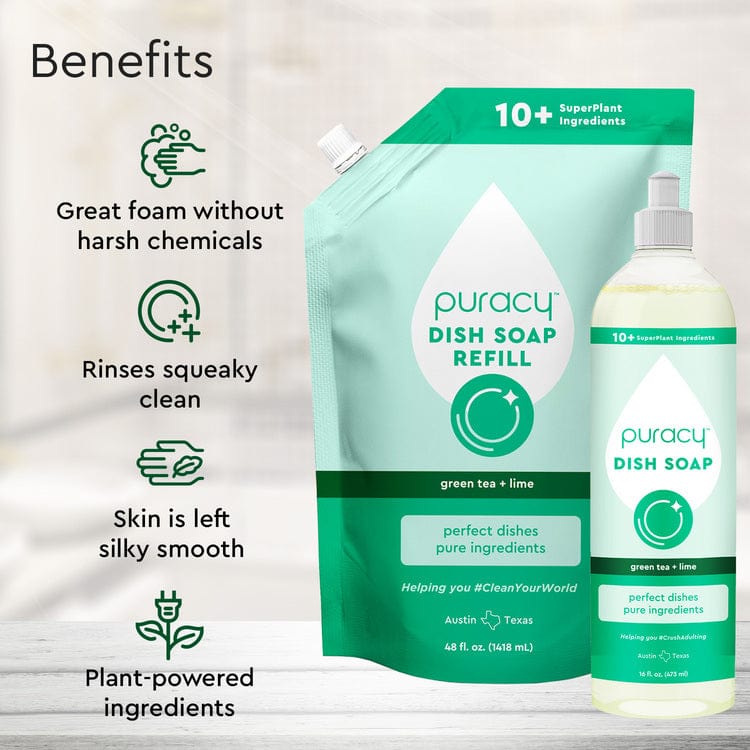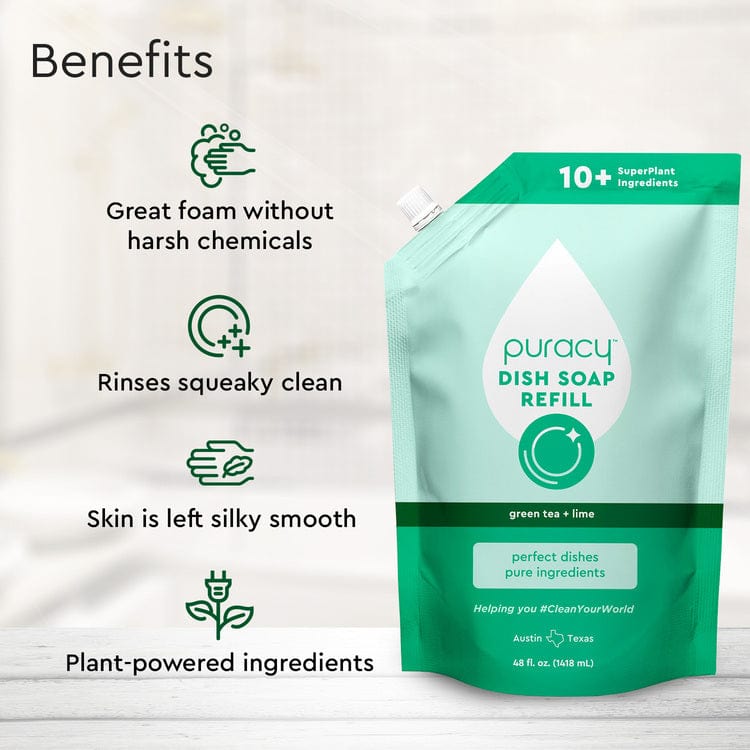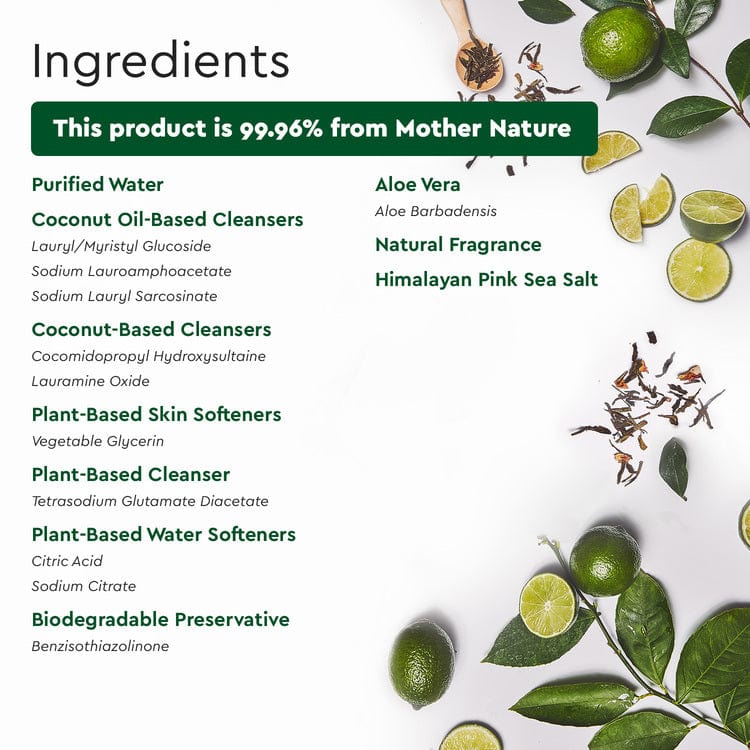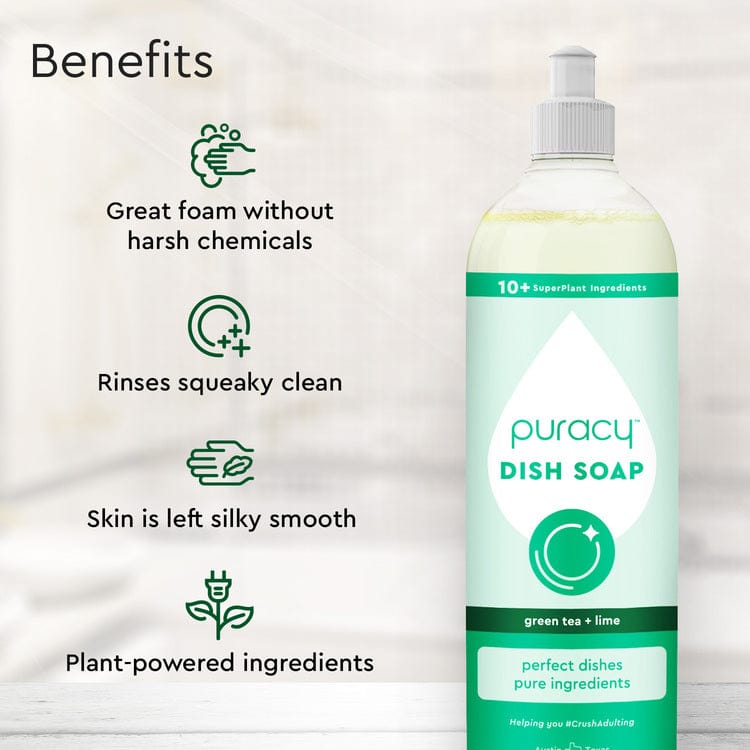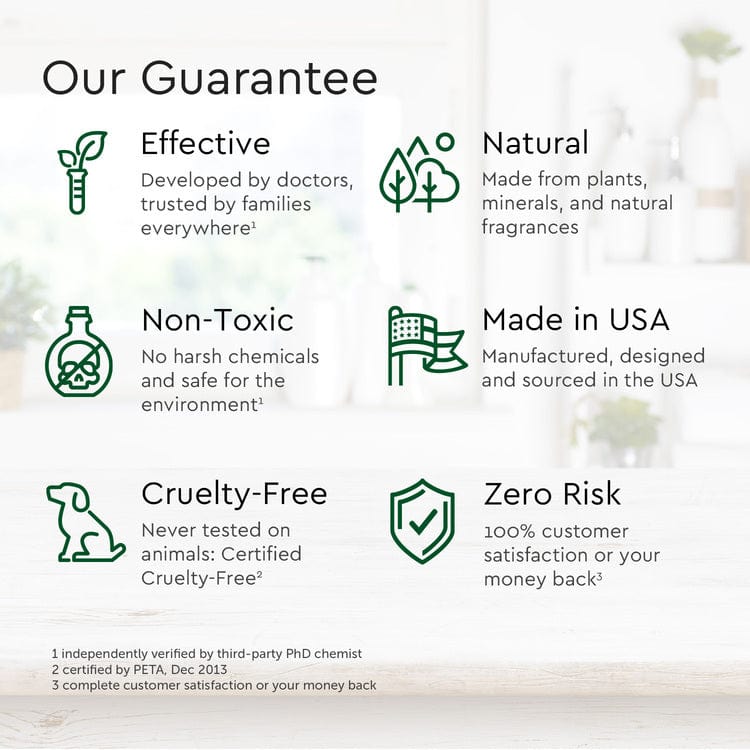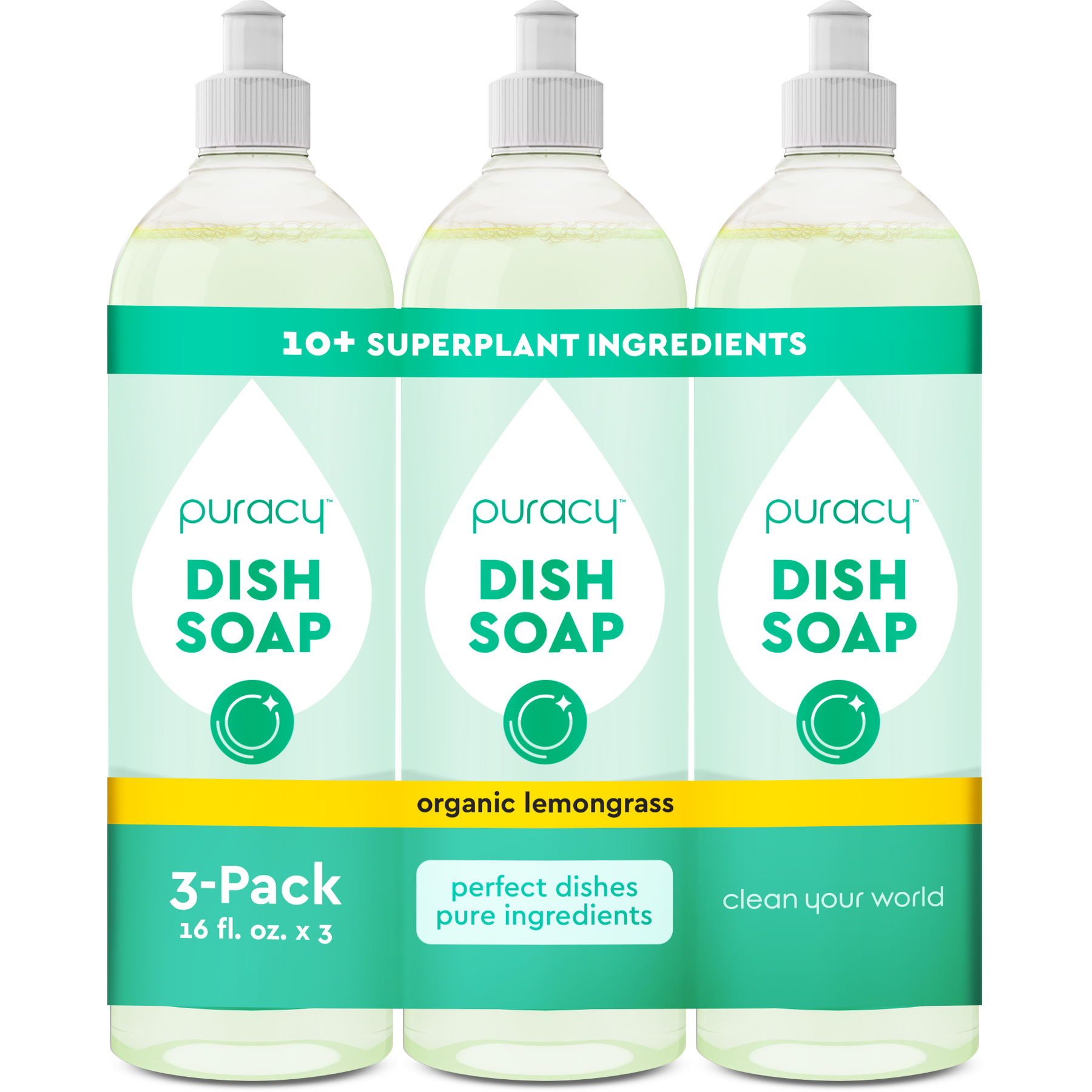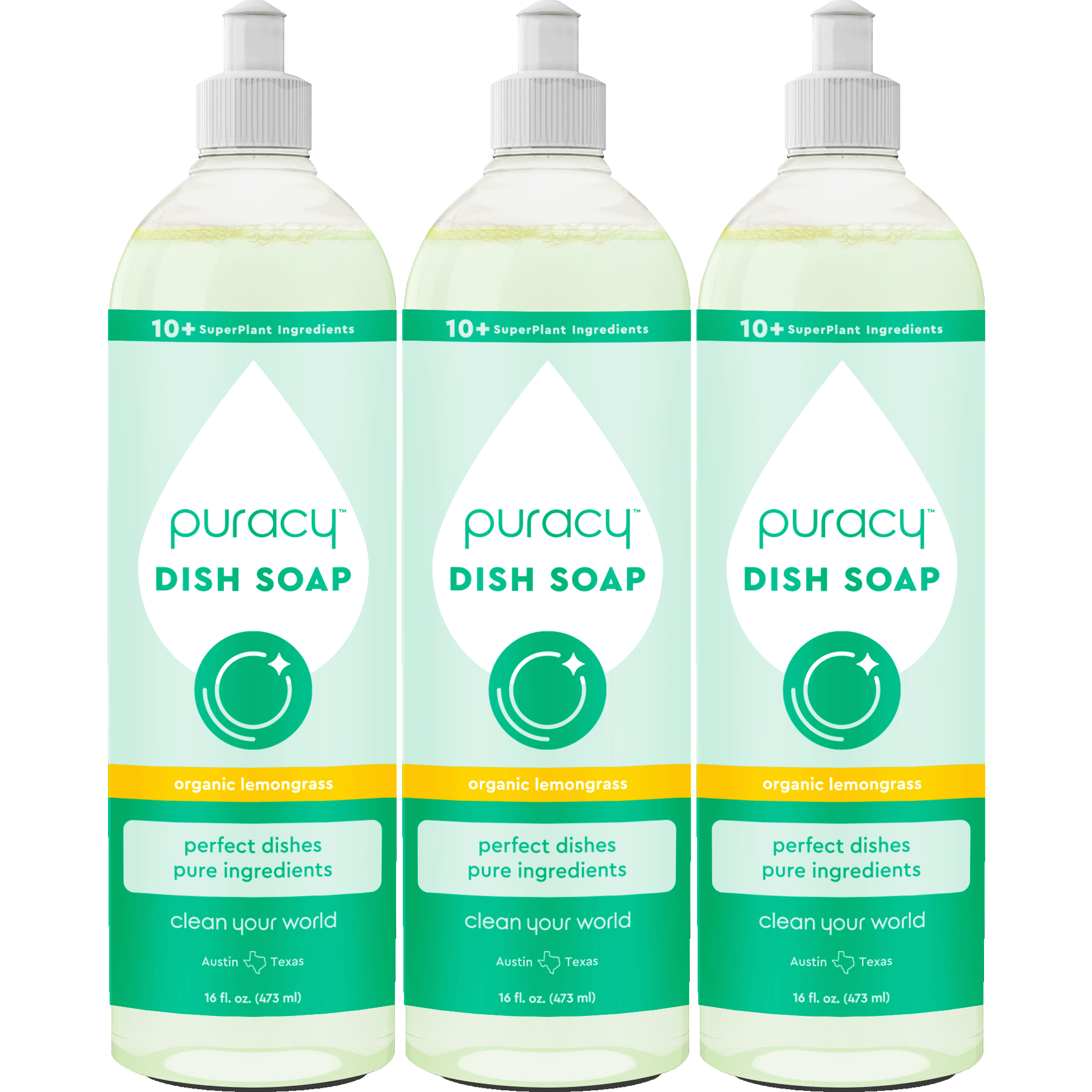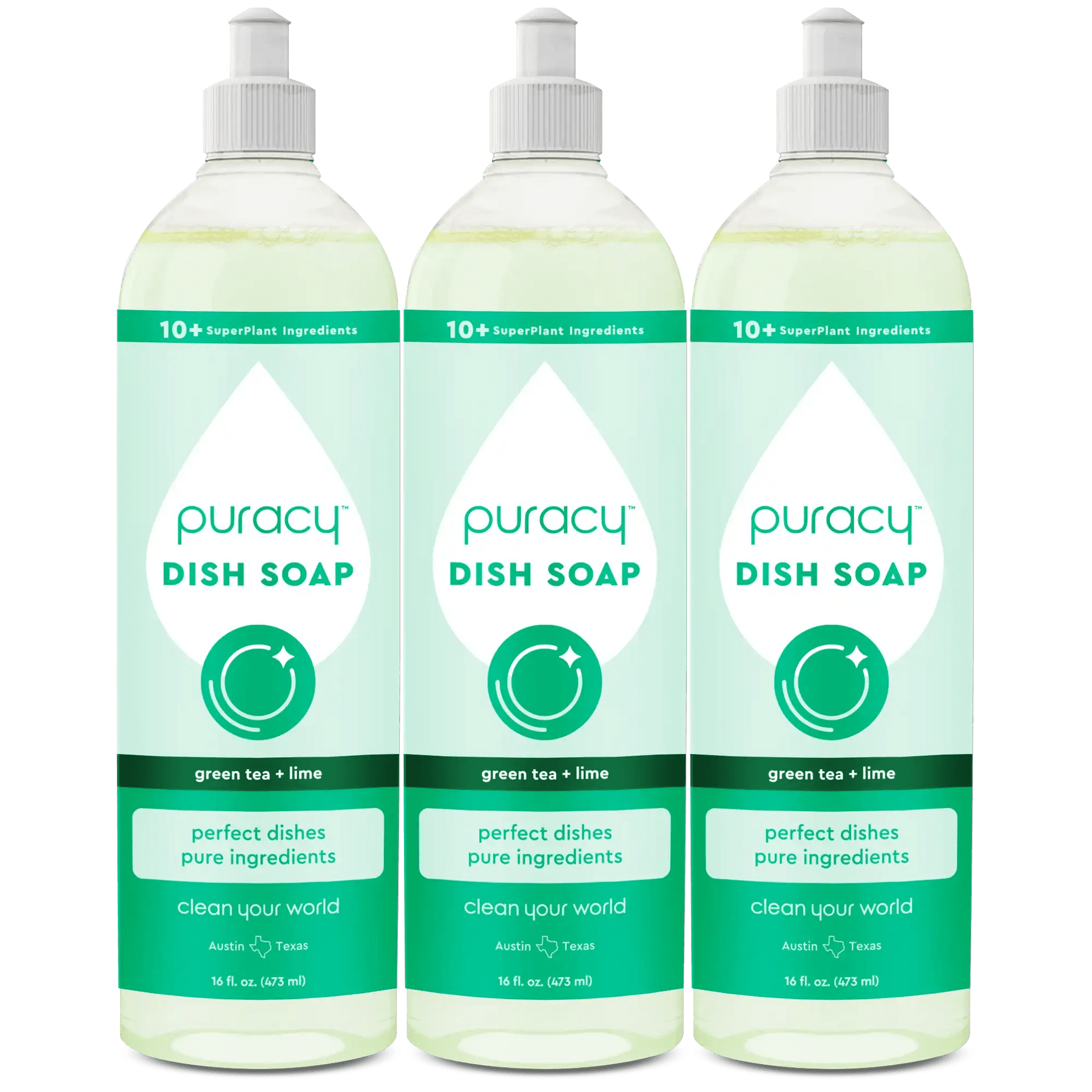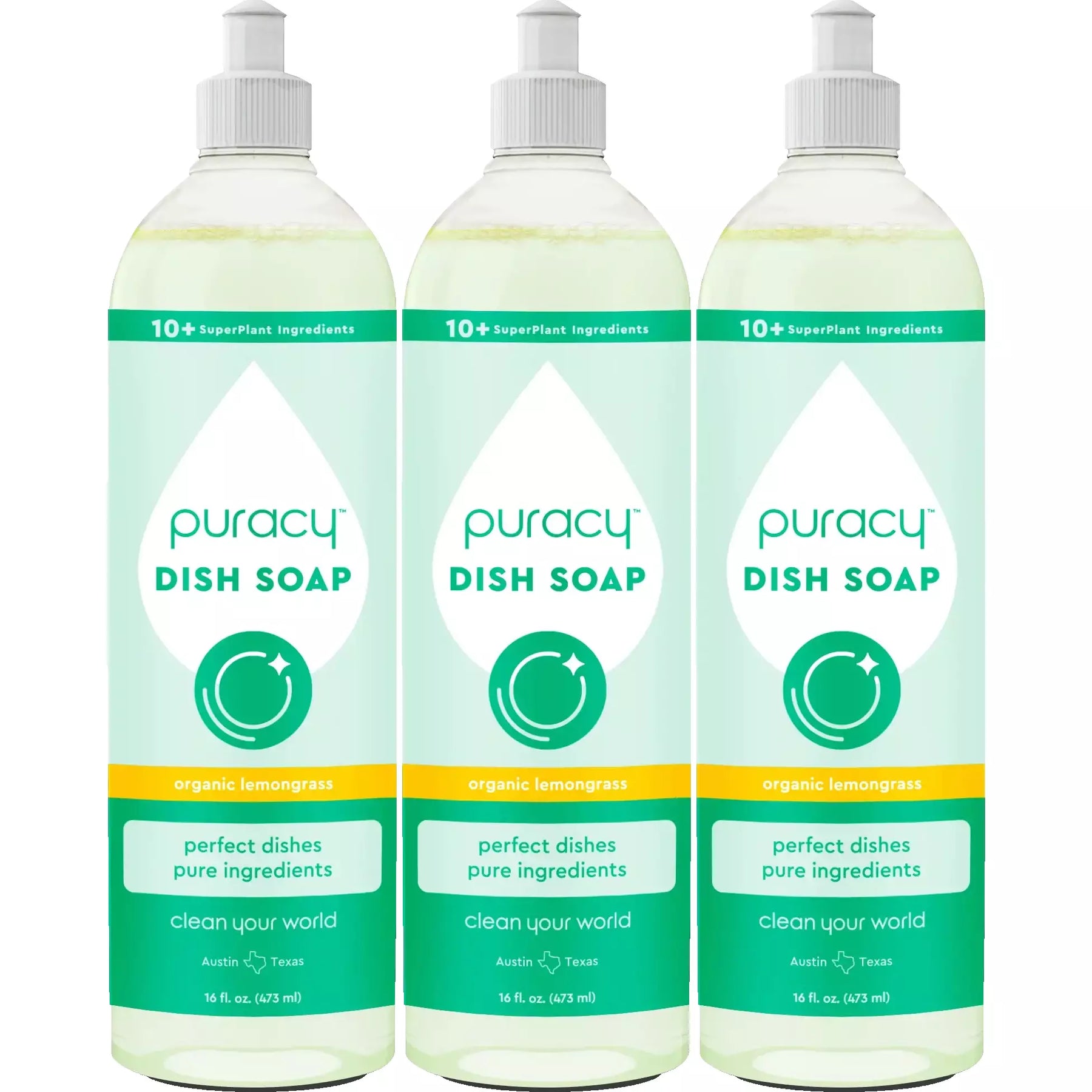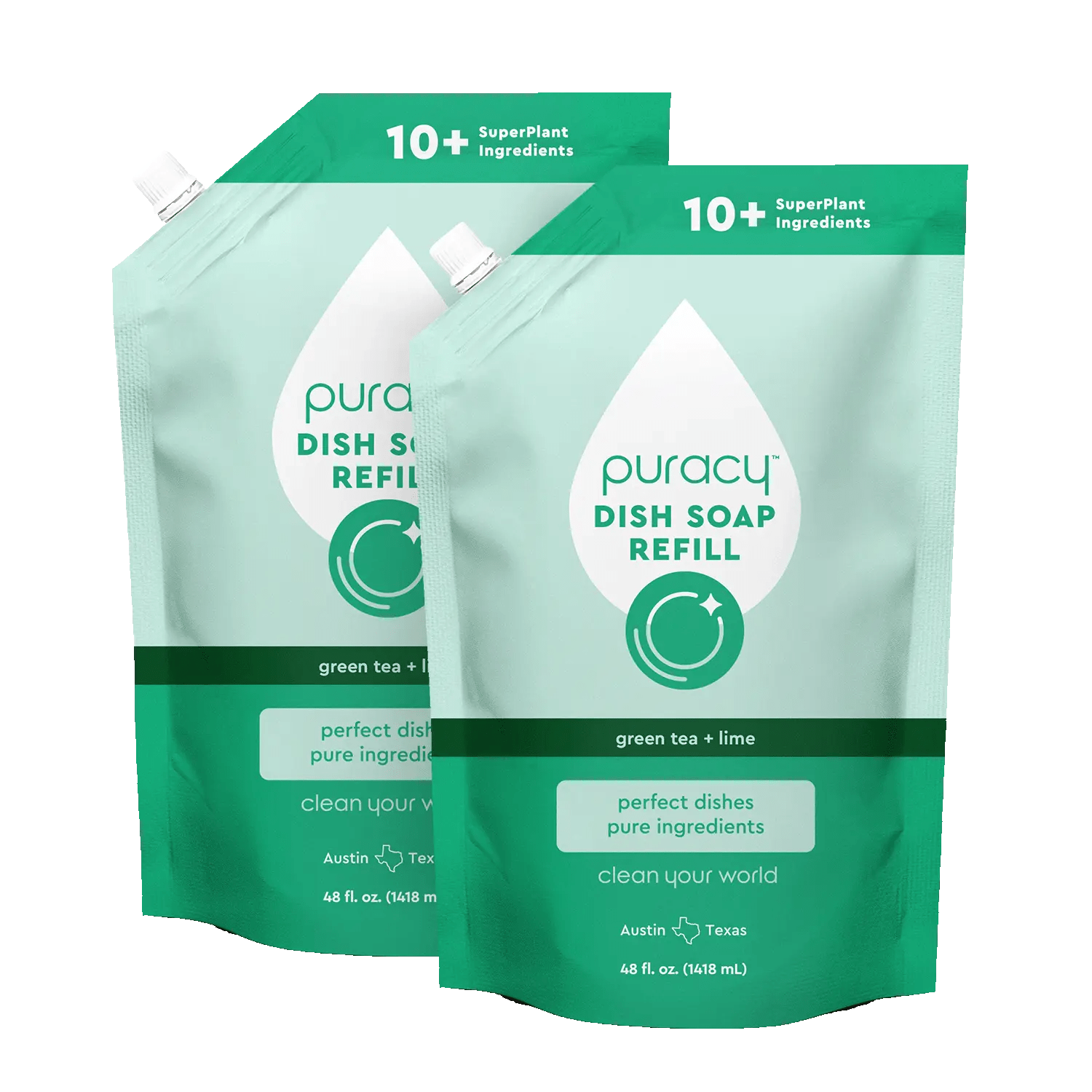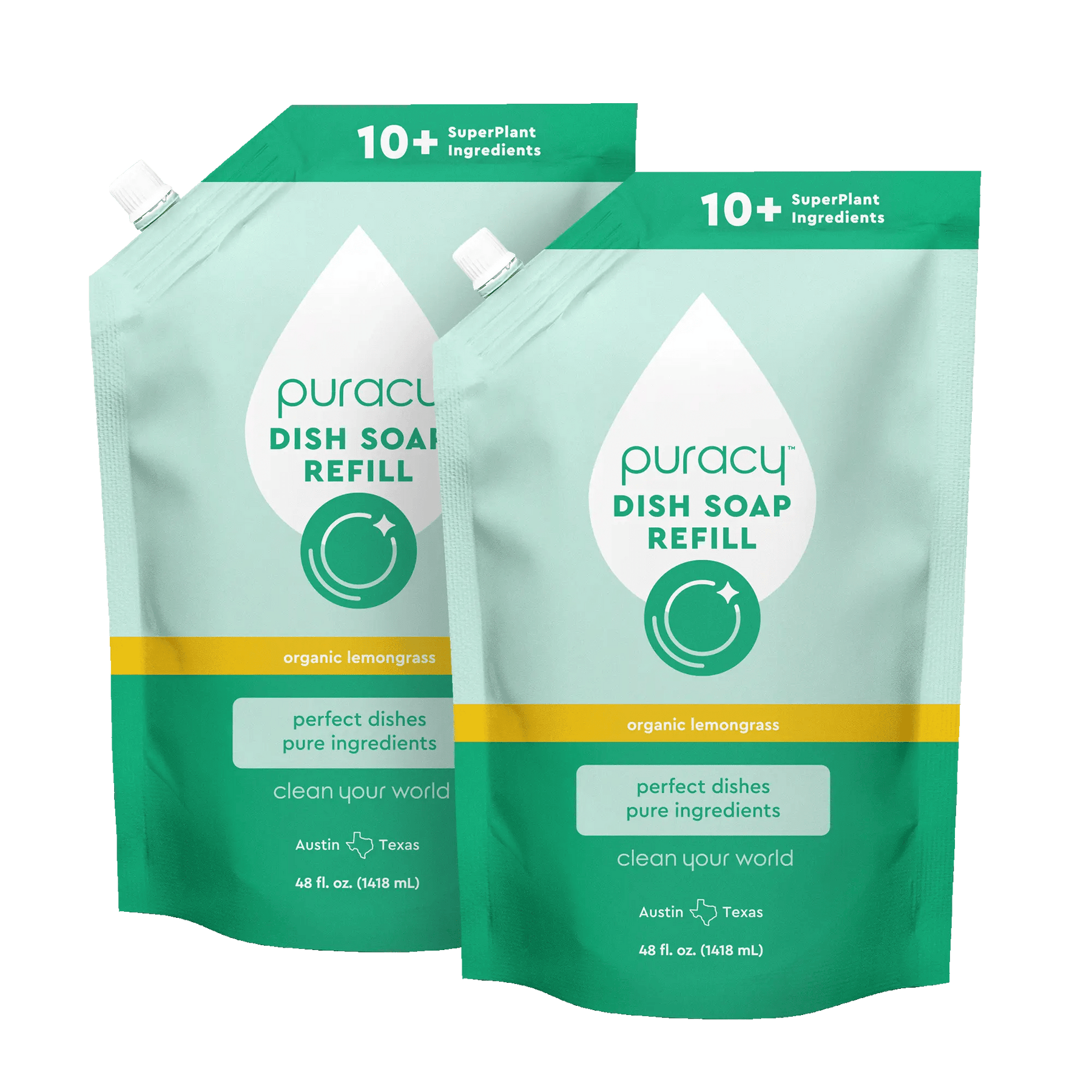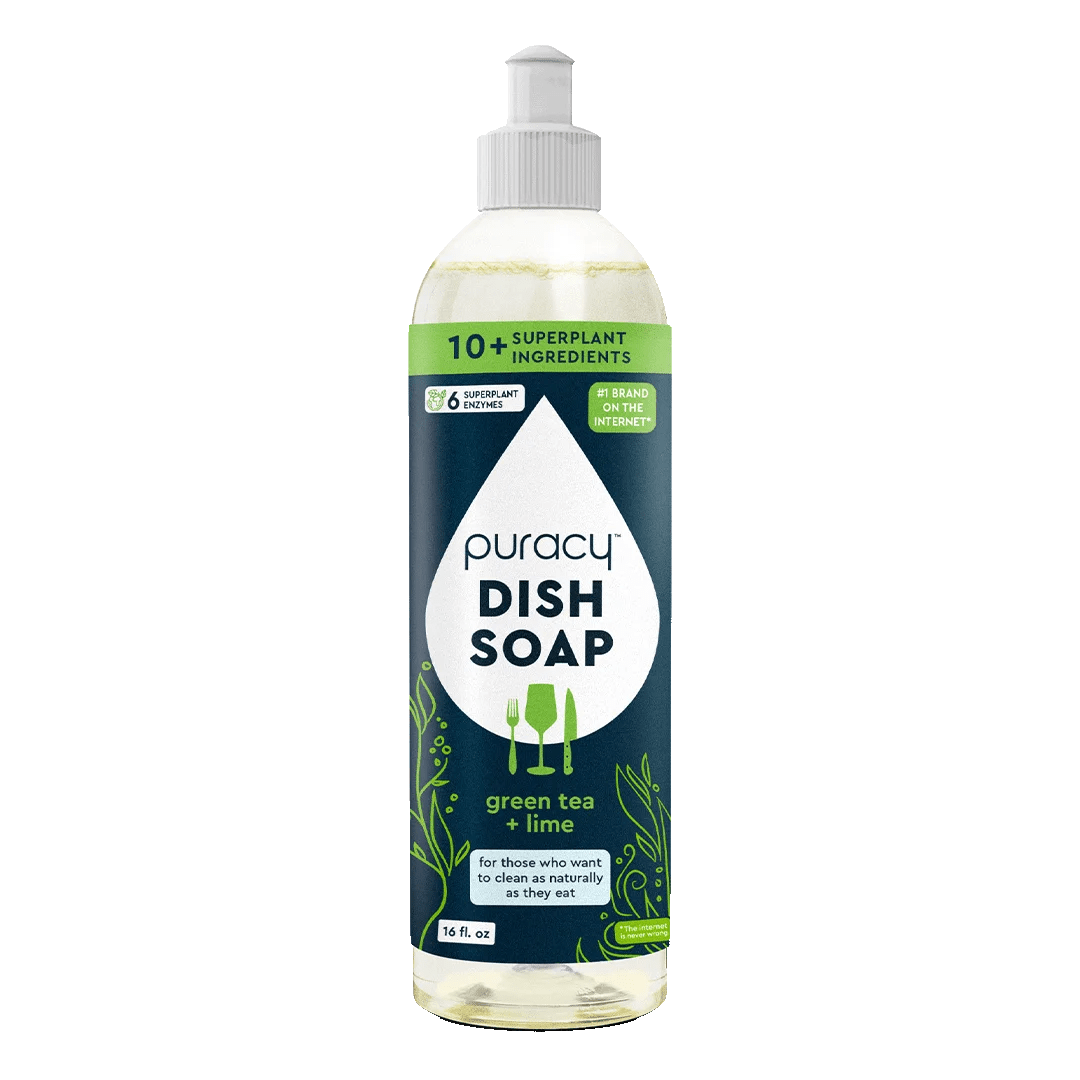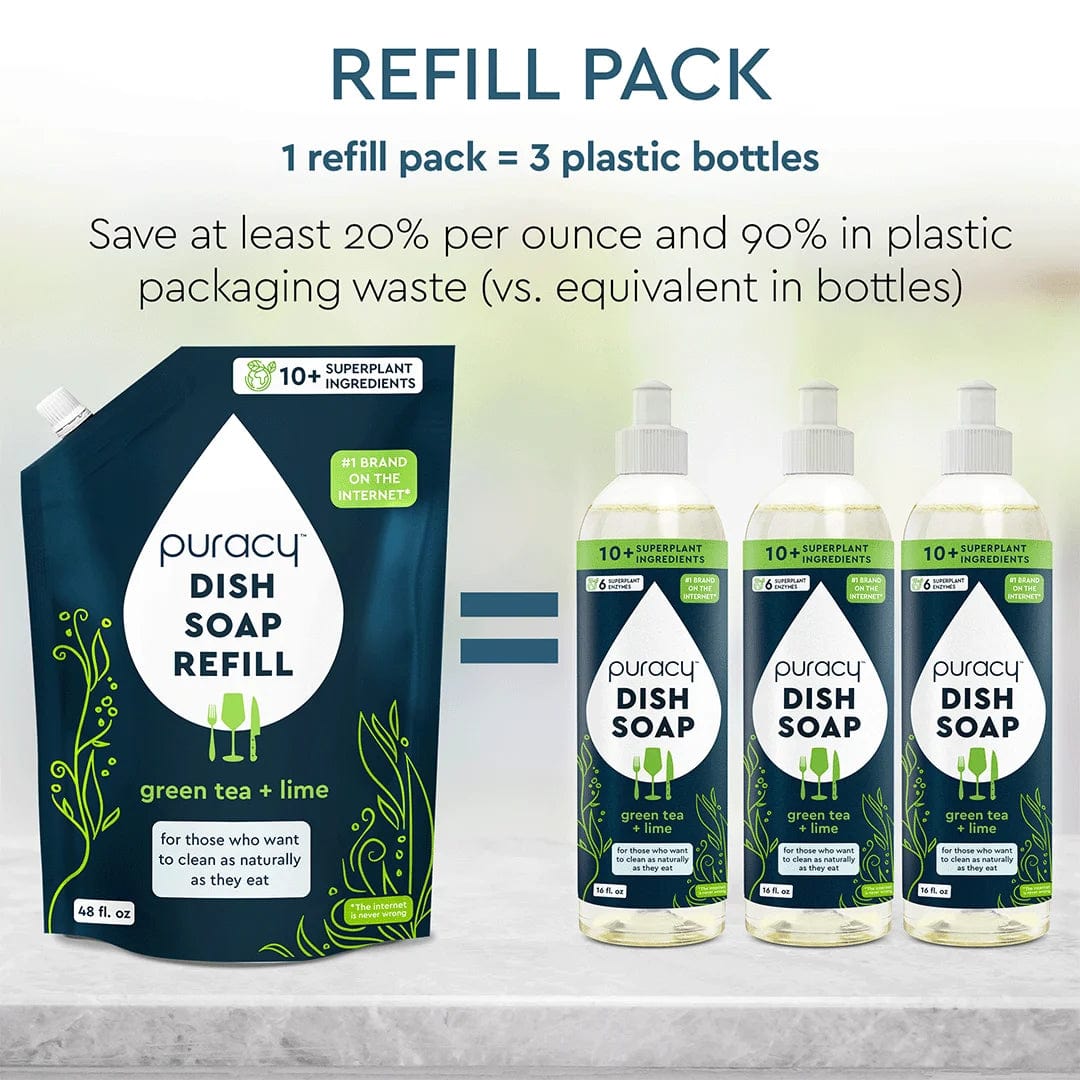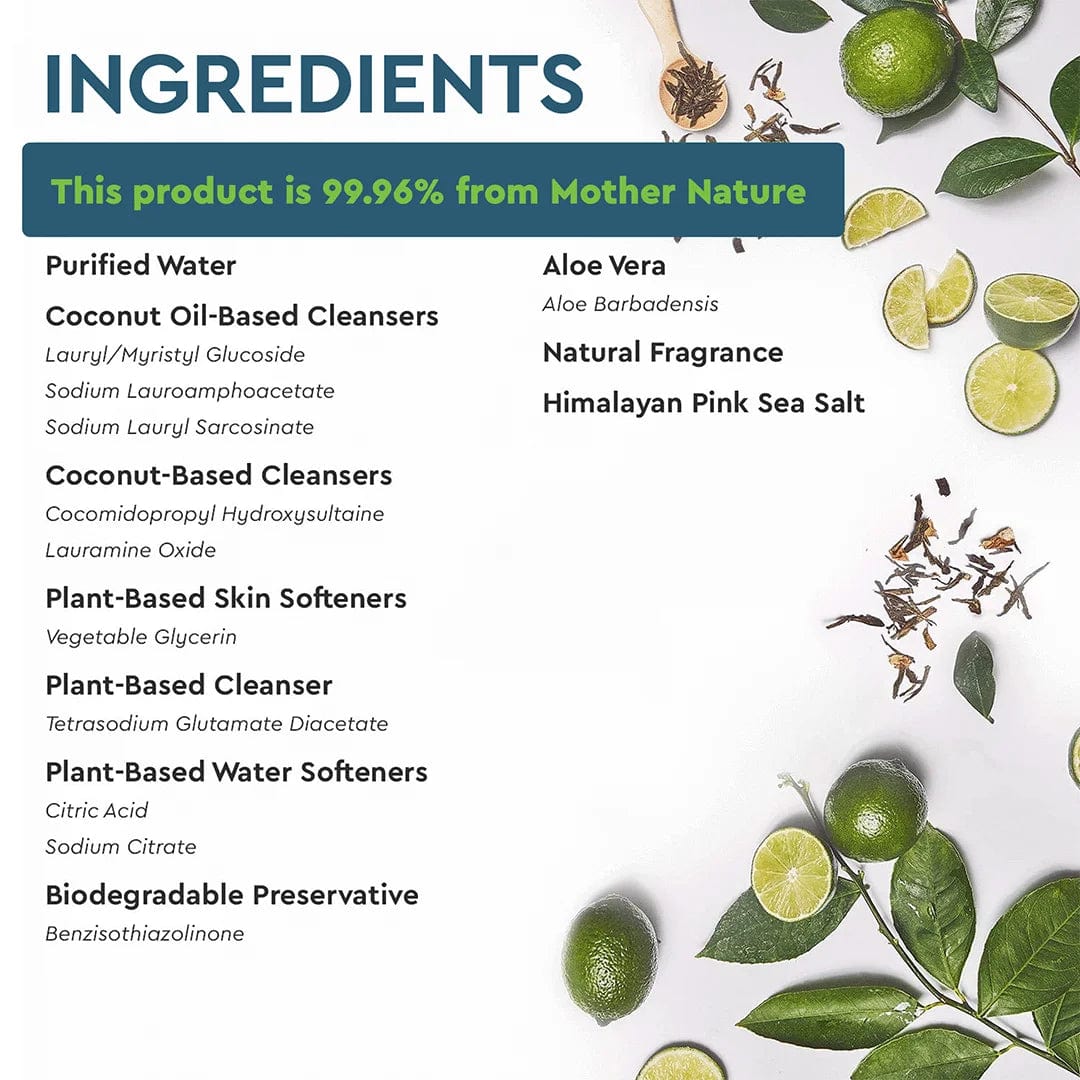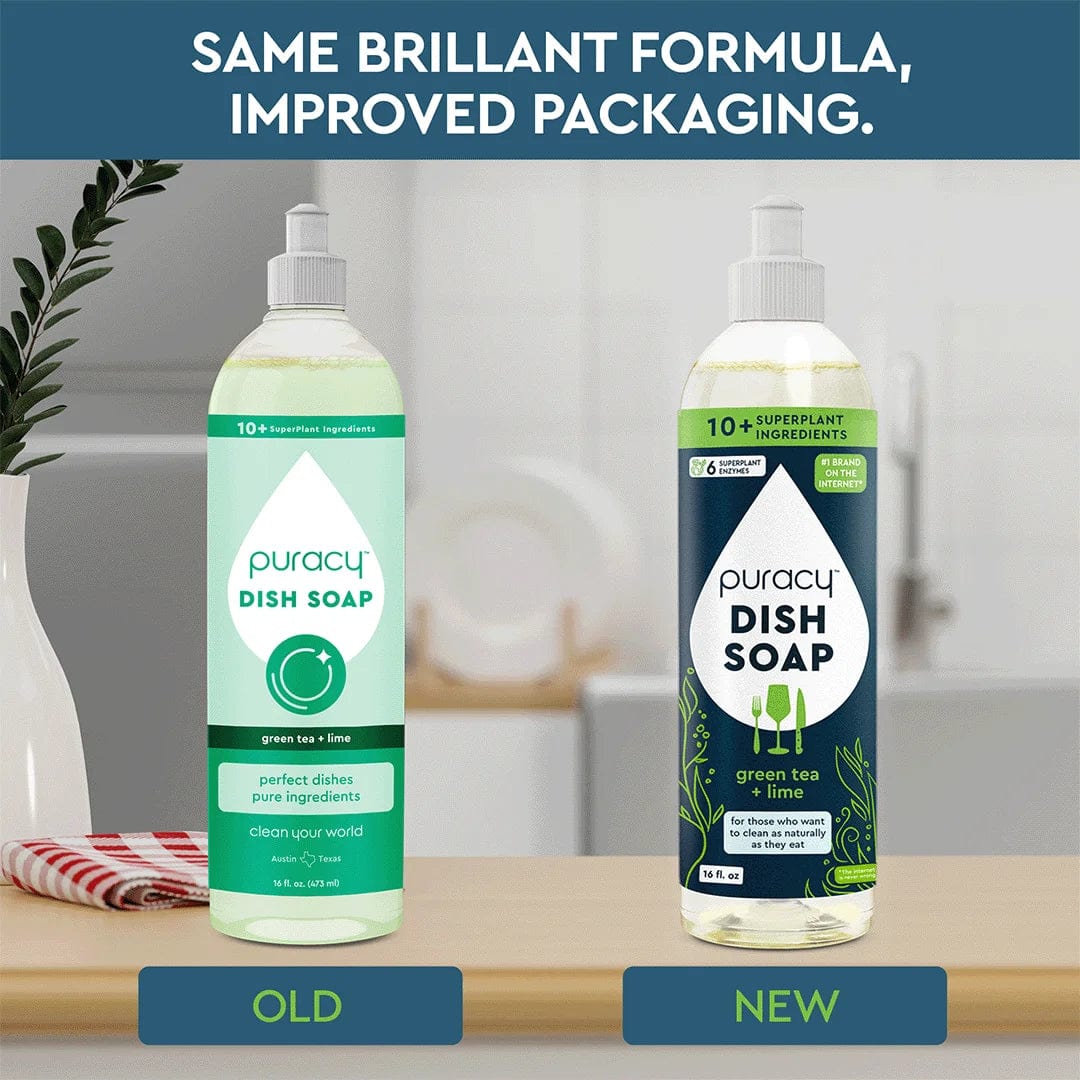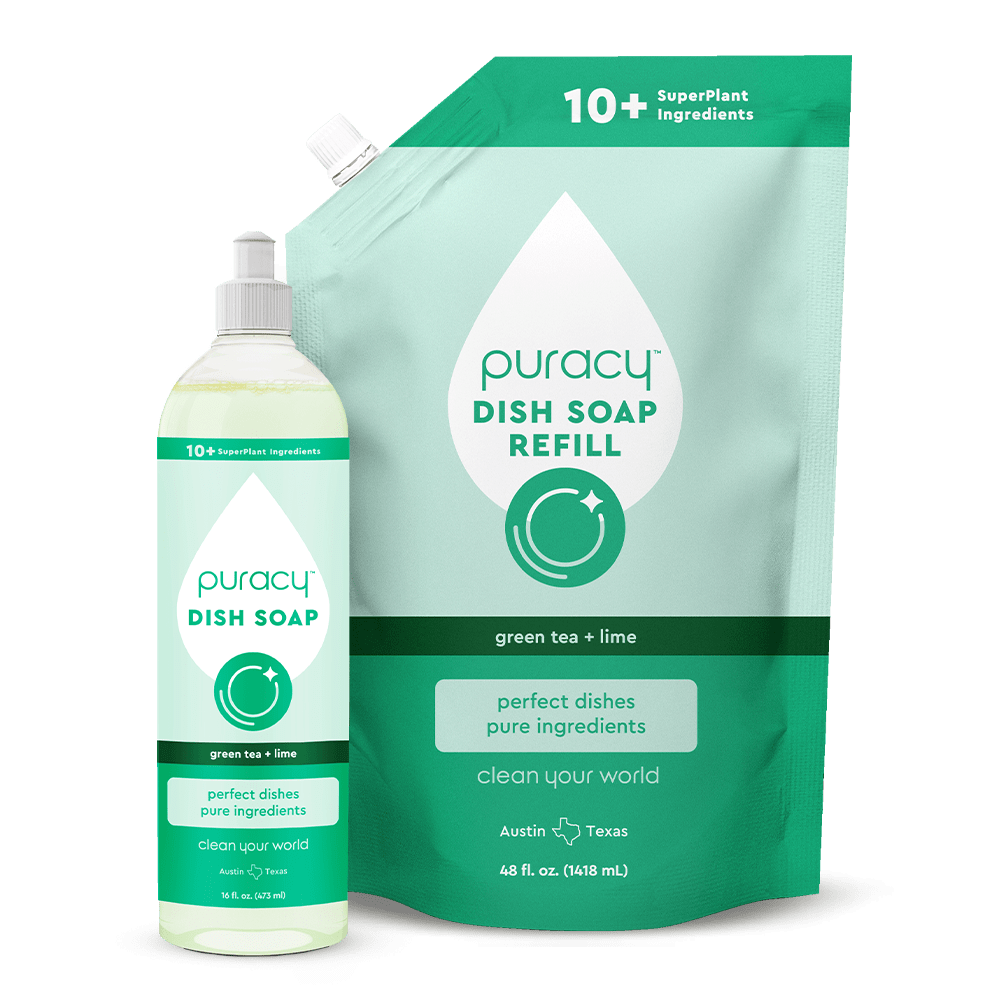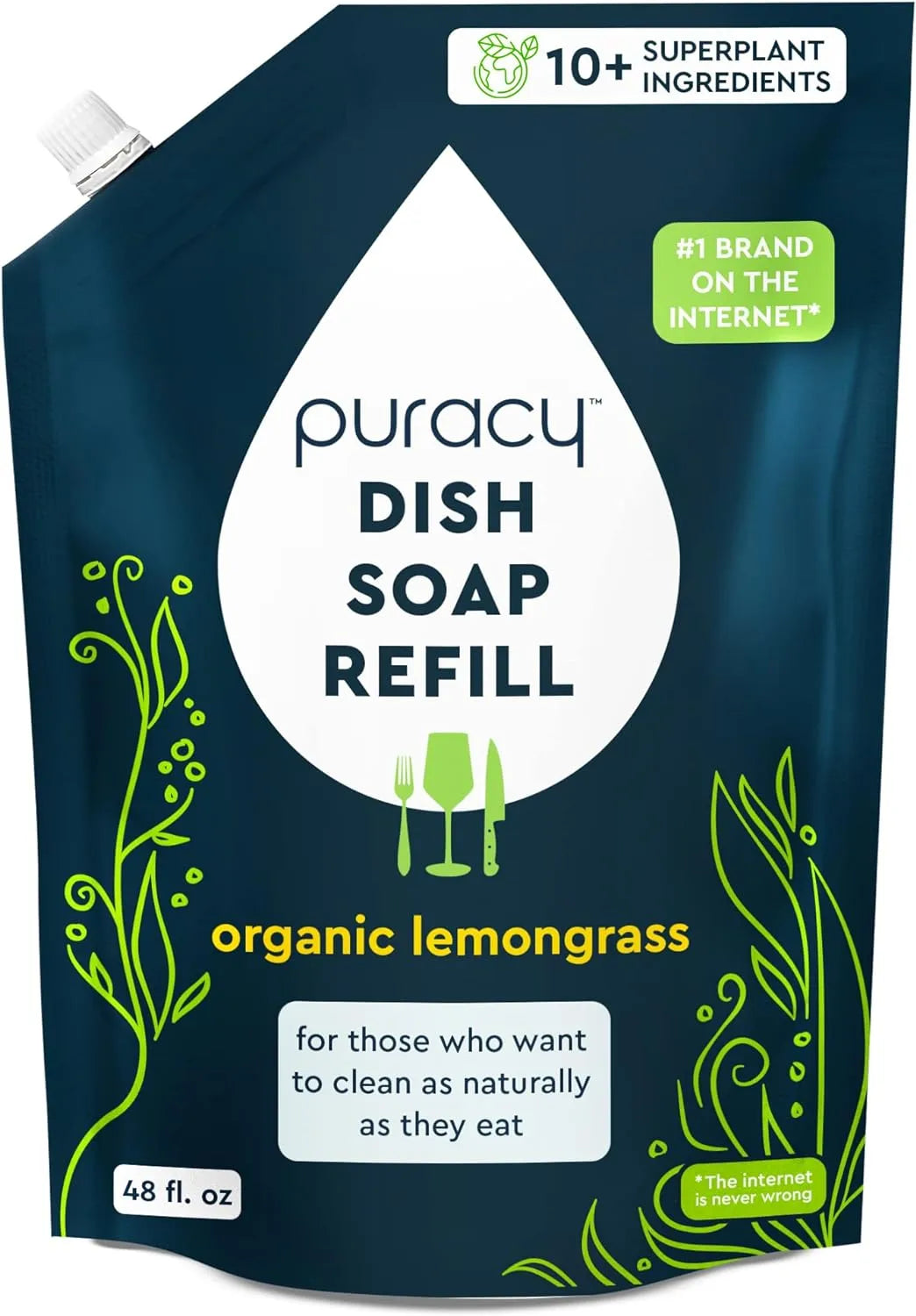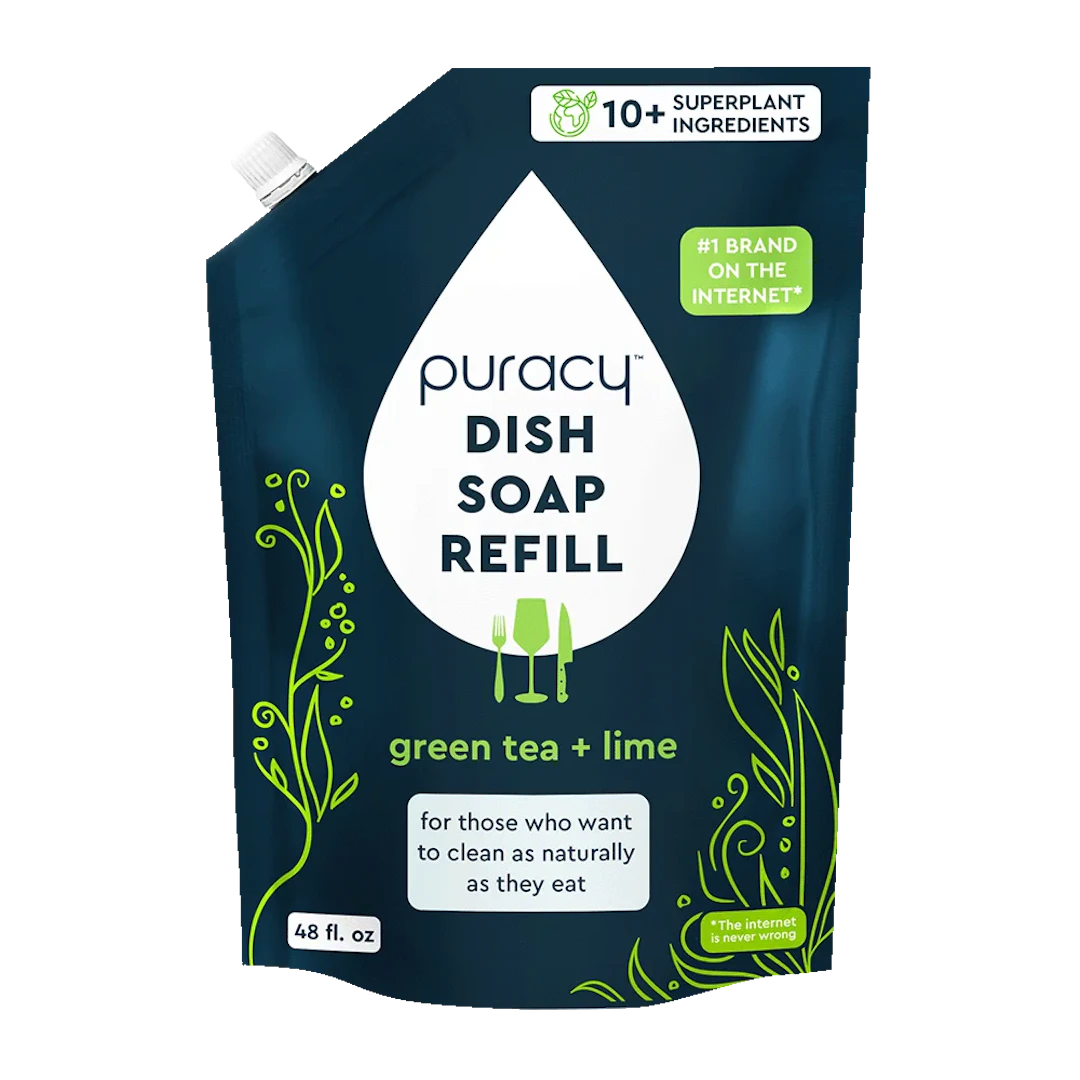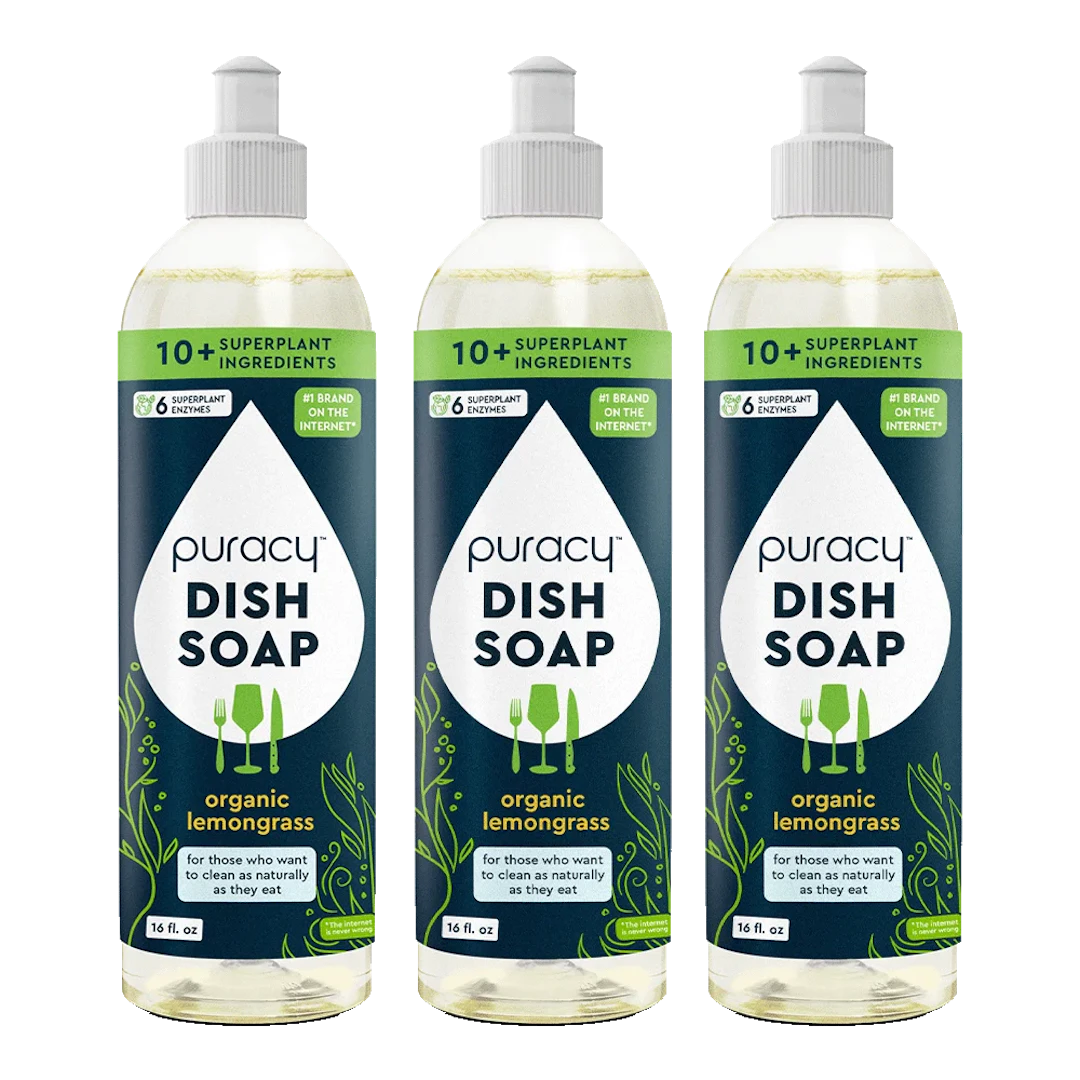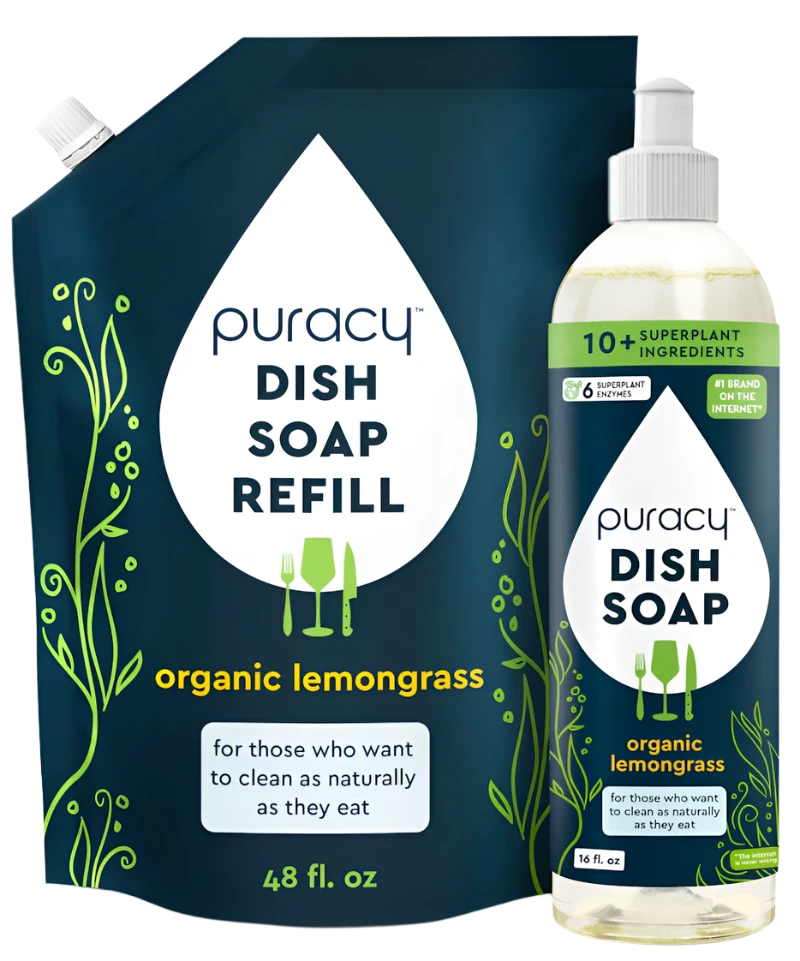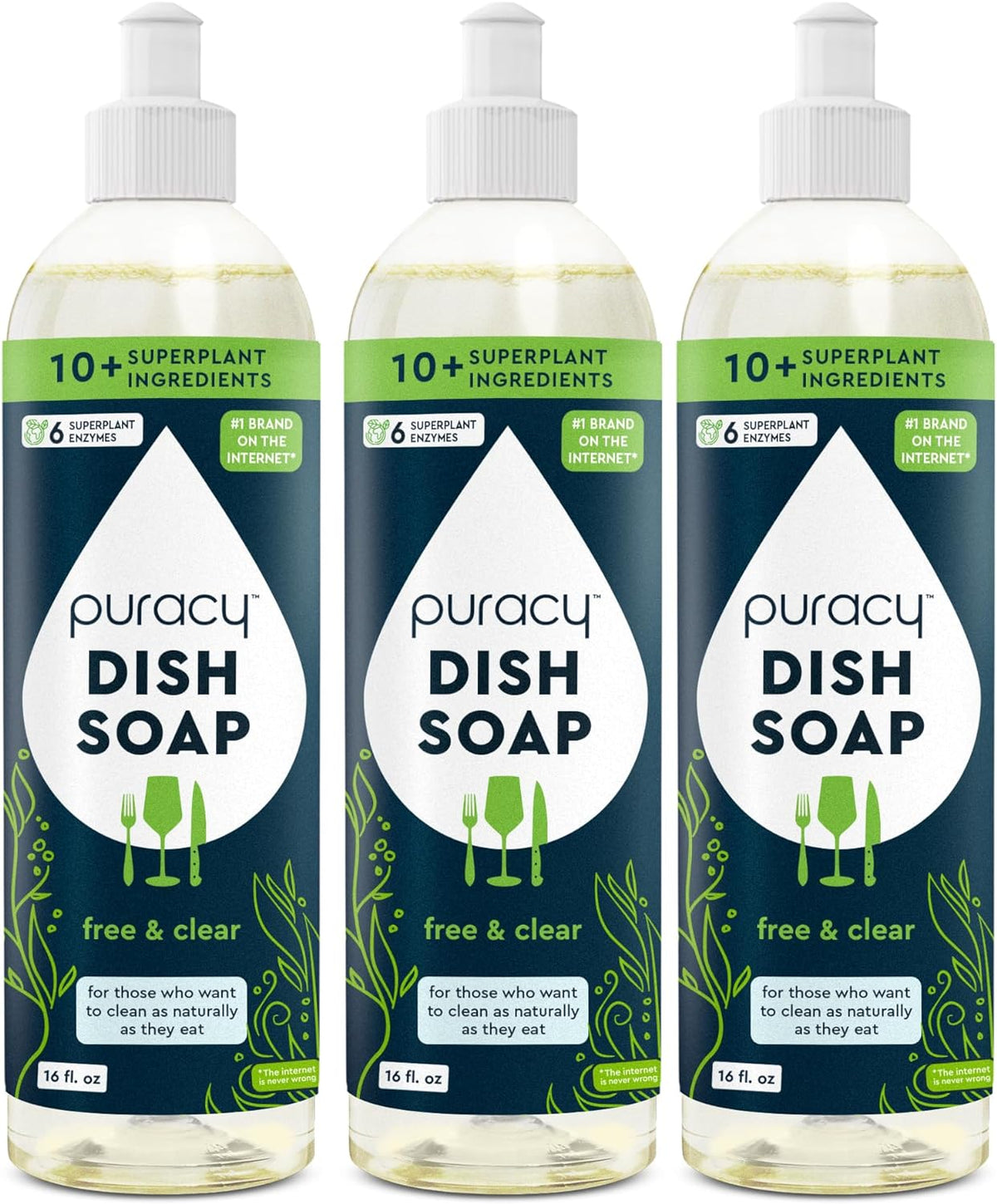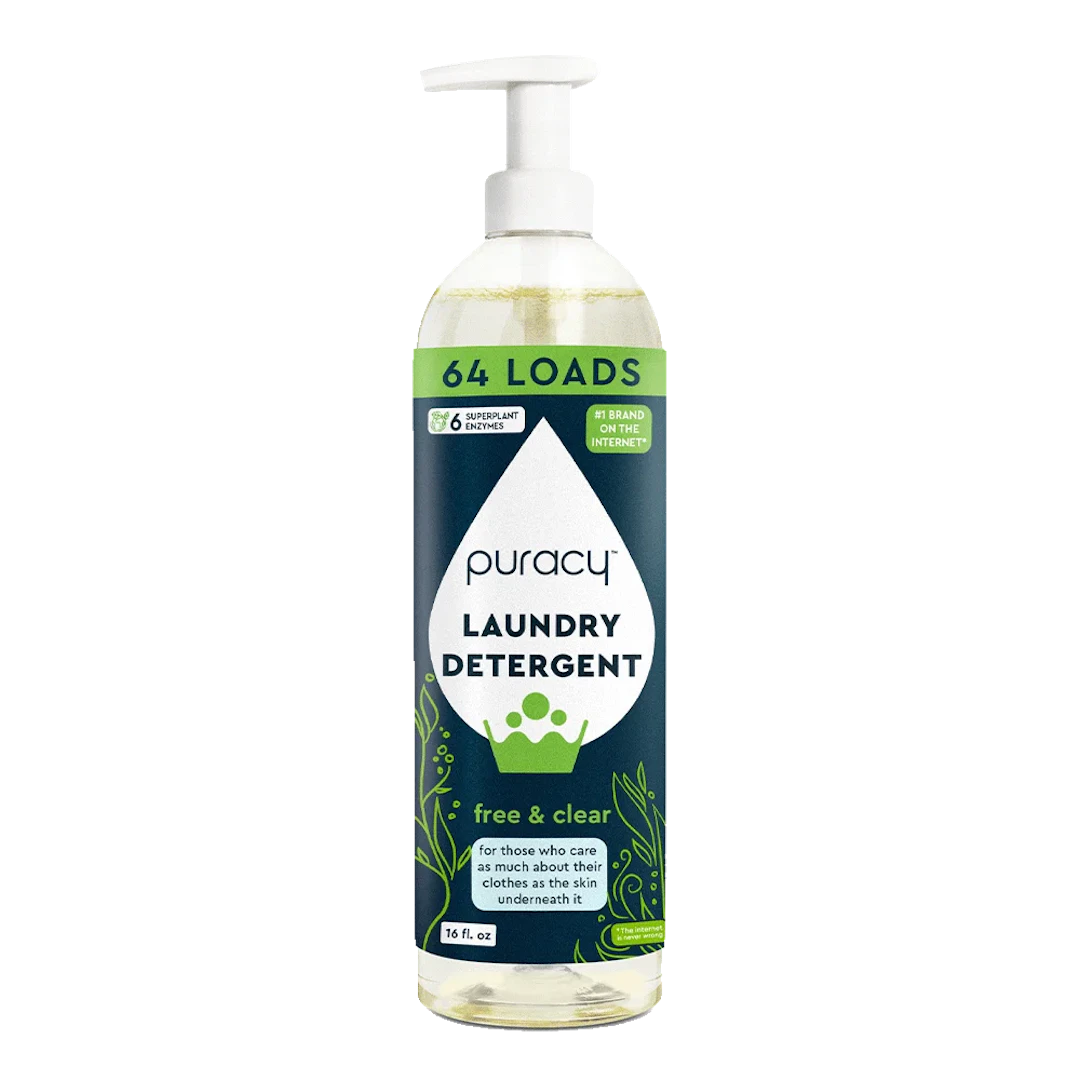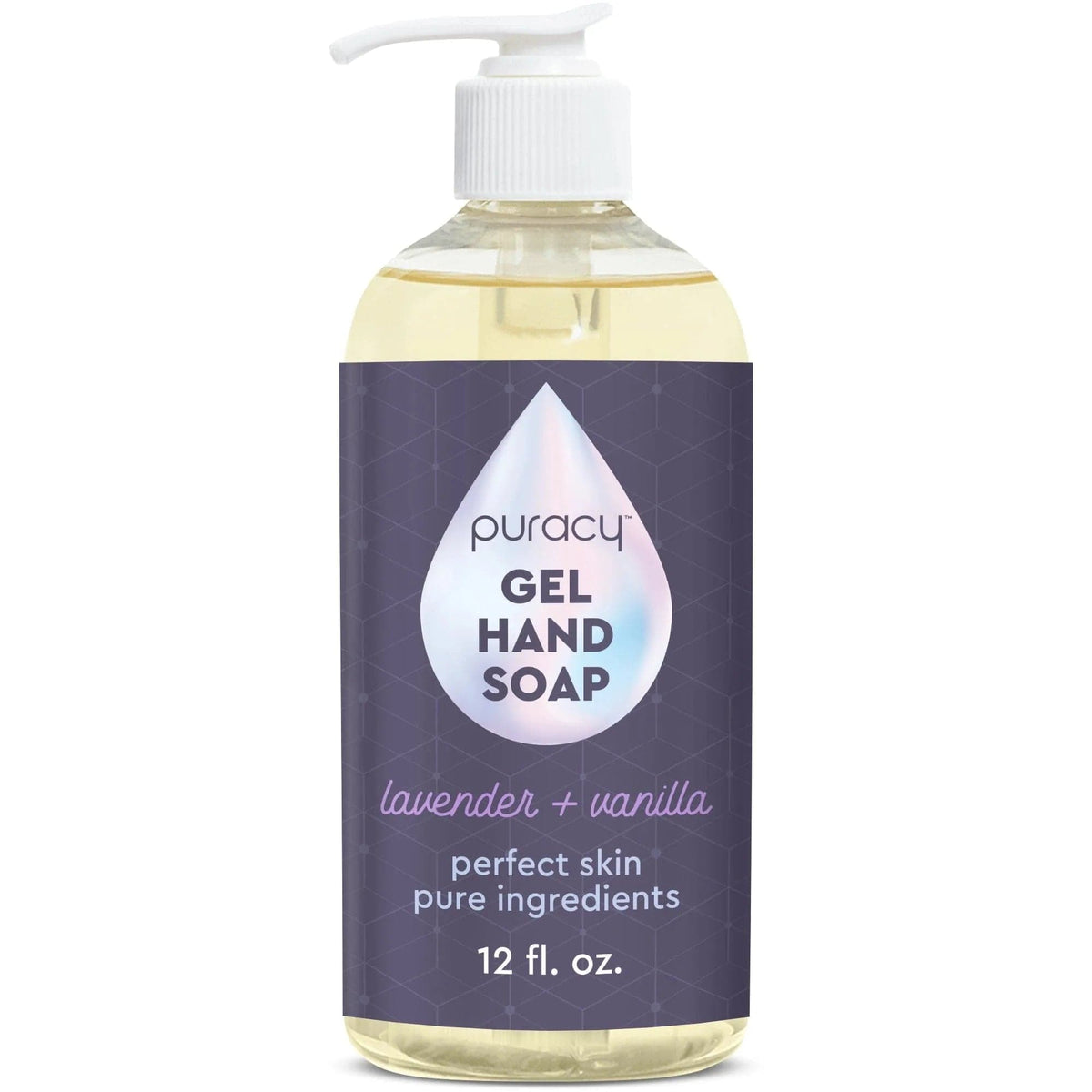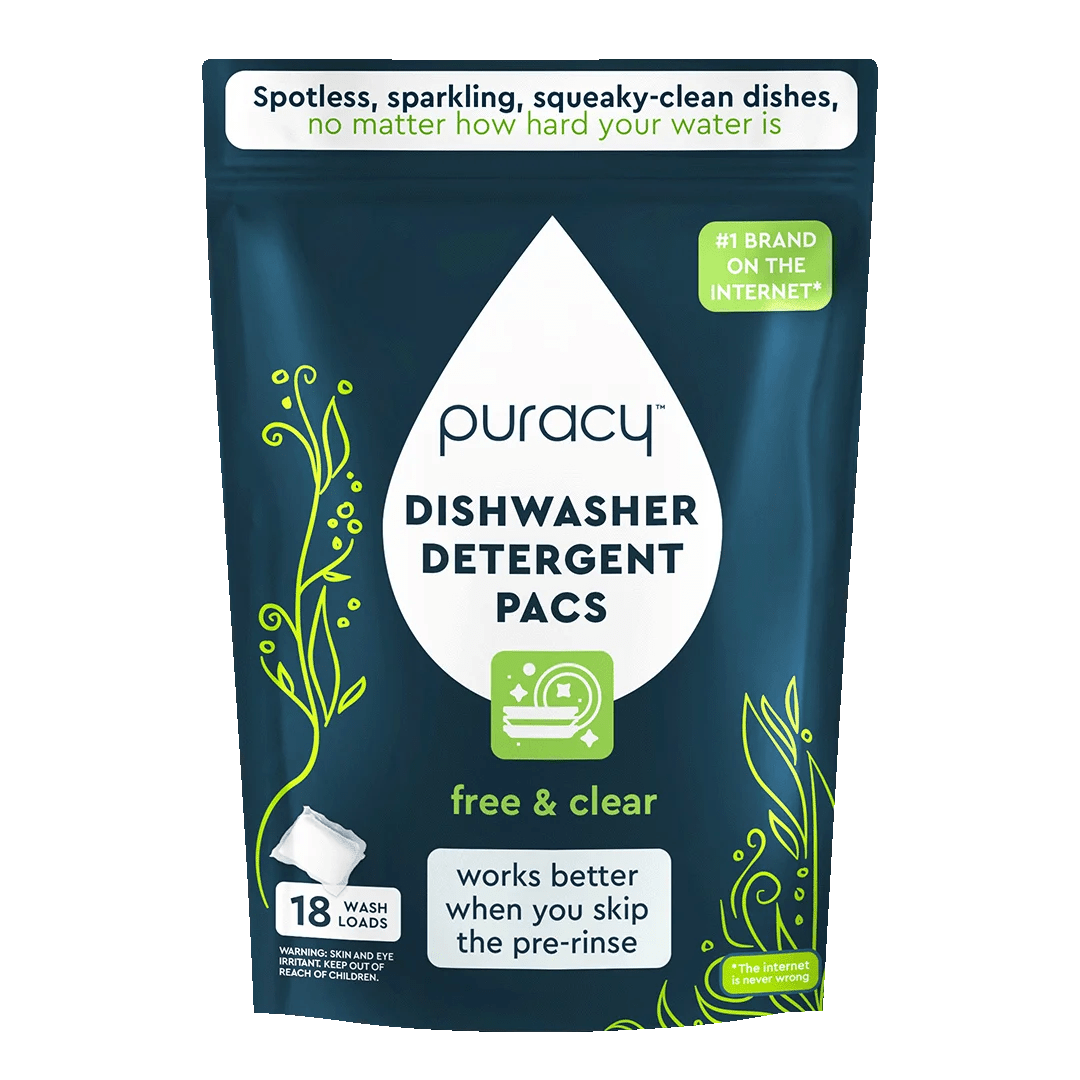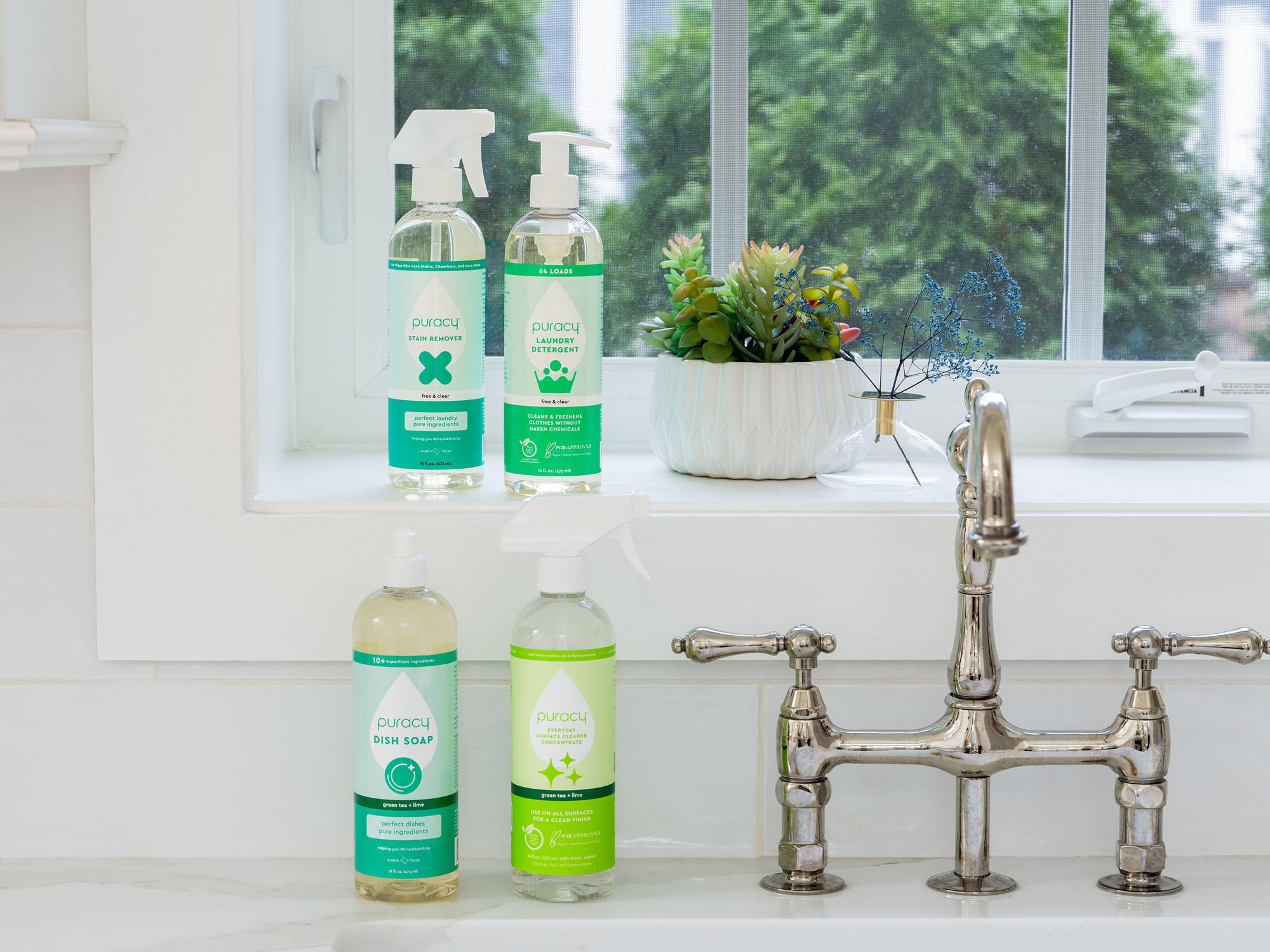When choosing a dish soap, you may have wondered: should you go scented or unscented? Discover why more and more households are choosing unscented dish soap and how to go about choosing the best one when it comes to dish duty.
Why Have Unscented Products Become Popular Recently?

In recent years, there's been a noticeable shift towards embracing unscented products in various aspects of our lives. From skincare to household essentials, consumers are increasingly seeking out options that prioritize simplicity and purity. This movement is not just a passing trend but a reflection of a growing awareness and appreciation for healthier, more sustainable lifestyles, as well as preference for products that do not irritate sensitive skin or allergies.
The Concept of “Unscented Scent”
When we hear the term "unscented," we often assume it means devoid of any smell, but it’s more nuanced, and understanding it can help you make more informed choices, especially when it comes to everyday essentials like dish soap.
The Difference Between “Unscented” and “Fragrance-Free”
The term "unscented scent" refers to products that are formulated to have little to no discernible fragrance. While they may not contain added fragrances, they can still possess a subtle scent due to the natural aroma of their ingredients or the manufacturing process.
Formulated to have no smell, unscented products are formulated with ingredients that neutralize other smells. Whereas, fragrance-free products do not contain ingredients that can give off a smell but may be formulated with components that have a scent.
The Psychology Behind the Preference for Unscented Options
The preference for unscented options stems from various factors, including sensory sensitivities, allergies, and personal preferences. Additionally, many individuals associate unscented products with purity and cleanliness, further driving their popularity.
Puracy product that helps!
Natural Dish Soap
What is Unscented Dishwashing Soap?

Unscented dishwashing soap is formulated without the addition of artificial fragrances or essential oils. Instead, it focuses on effectively removing grease and grime without leaving behind any overpowering scent.
Differences Between Scented and Unscented Dishwashing Soap
While scented dish soaps may offer a pleasant aroma, they often contain synthetic fragrances that can trigger allergic reactions or irritate sensitive skin. In contrast, unscented dish soaps provide a gentle yet thorough cleaning experience without compromising on safety.
Common Myths About Unscented Dishwashing Soap
One common misconception is that unscented dish soaps lack efficacy or leave dishes smelling bland. However, modern formulations have proven to be just as effective as their scented counterparts while maintaining a neutral scent profile.
Understanding Labeling and Marketing Practices
Consumers should be vigilant when interpreting product labels, as terms like "unscented" and "fragrance-free" are sometimes used interchangeably. Reading ingredient lists and seeking certification from reputable organizations can help ensure the authenticity of fragrance-free claims.
Is It Better to Use Unscented Products?

Scented products often contain synthetic chemicals that can pose risks to respiratory health and overall well-being. By switching to unscented alternatives when it comes to home and skin care products, individuals can reduce their exposure to potential toxins and allergens.

